This Is the Most Popular Slang Word the Year You Were Born

Every year, dictionary editors comb through publications to find new vocabulary words that have become minted in the American lexicon. Those terms that are most widely used and have a clear definition then get added to the dictionary, whether formally created or slang. In 2019, for instance, Merriam-Webster added both stan and swole to the dictionary. And in 2020, WFH and finna made the cut. If you’re curious to learn which slang term was most popular the year you were born, wonder no more. We’ve gone back through the archives to gather the most iconic slang words that’ve been recognized by Merriam-Webster every year since 1940—all the way up through 2020. And for more totally dated words we’re all guilty of using, check out The Best Slang Terms From the 1990s That Aren’t Cool Today.
1940: Whammy
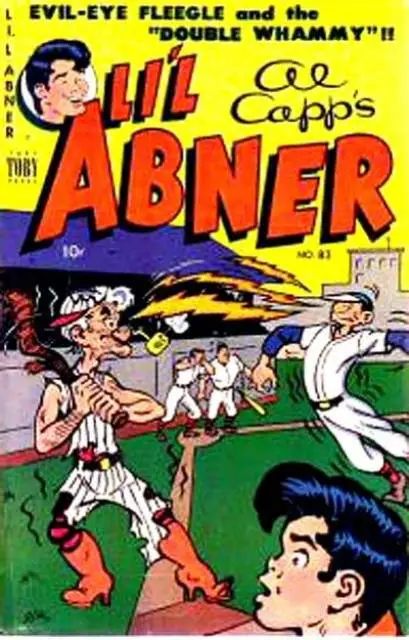
According to Merriam-Webster, the exact origin of whammy isn’t known, but it started being regularly used in the ’40s to describe “a supernatural power [that brings] bad luck.” The word’s usage picked up in the ’50s, thanks to cartoonist Al Capp’s Li’l Abner comic strip. These days, it merely describes a “potent force.” And for more outdated language to look back on, here are 100 Slang Terms From the 20th Century No One Uses Anymore.
1941: Yeehaw
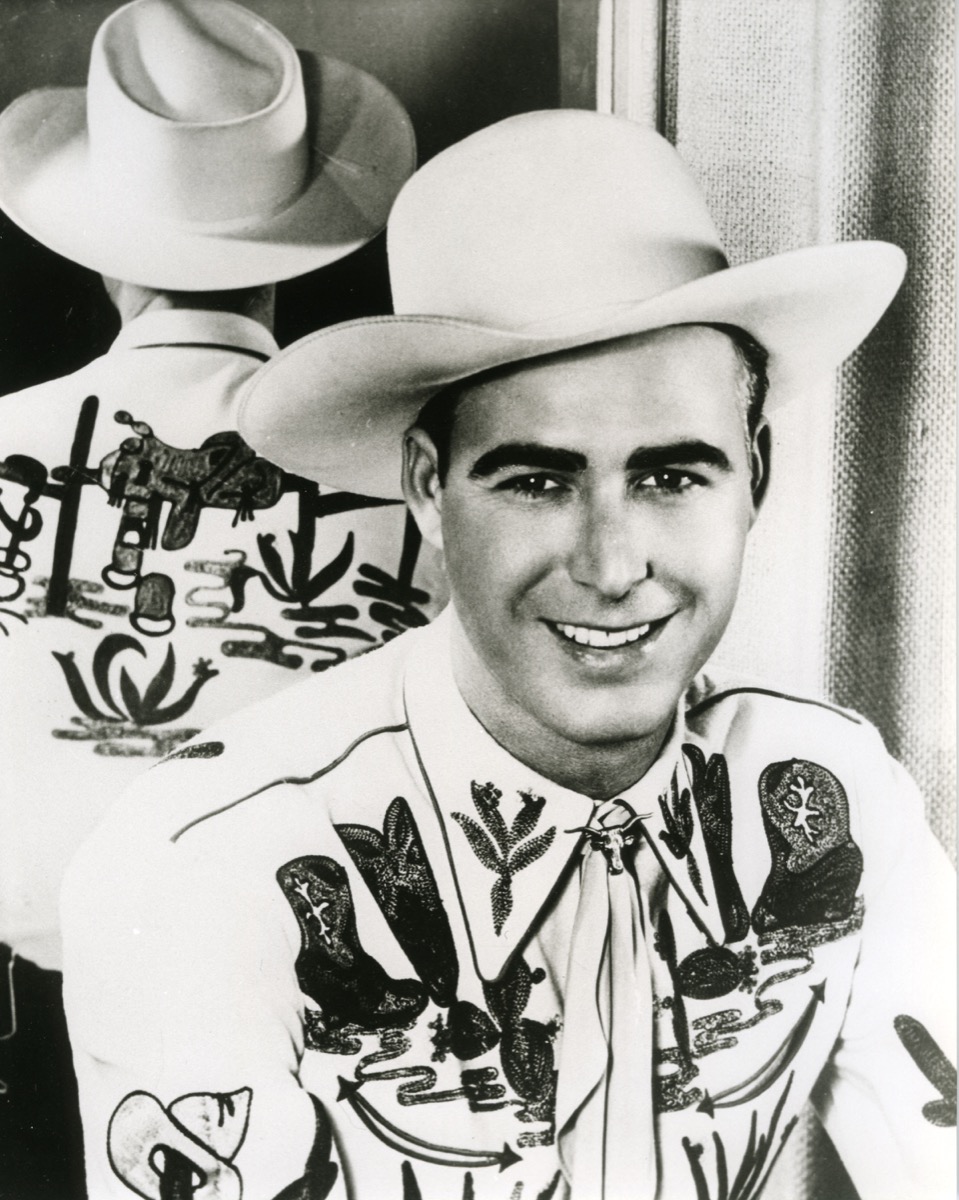
It may seem like the term yeehaw has been around since the dawn of country western music in the 1920s. But it was only added to Merriam-Webster in 1941, as a way to “express exuberant delight or excitement” in imitation of cowboys.
1942: Zooty
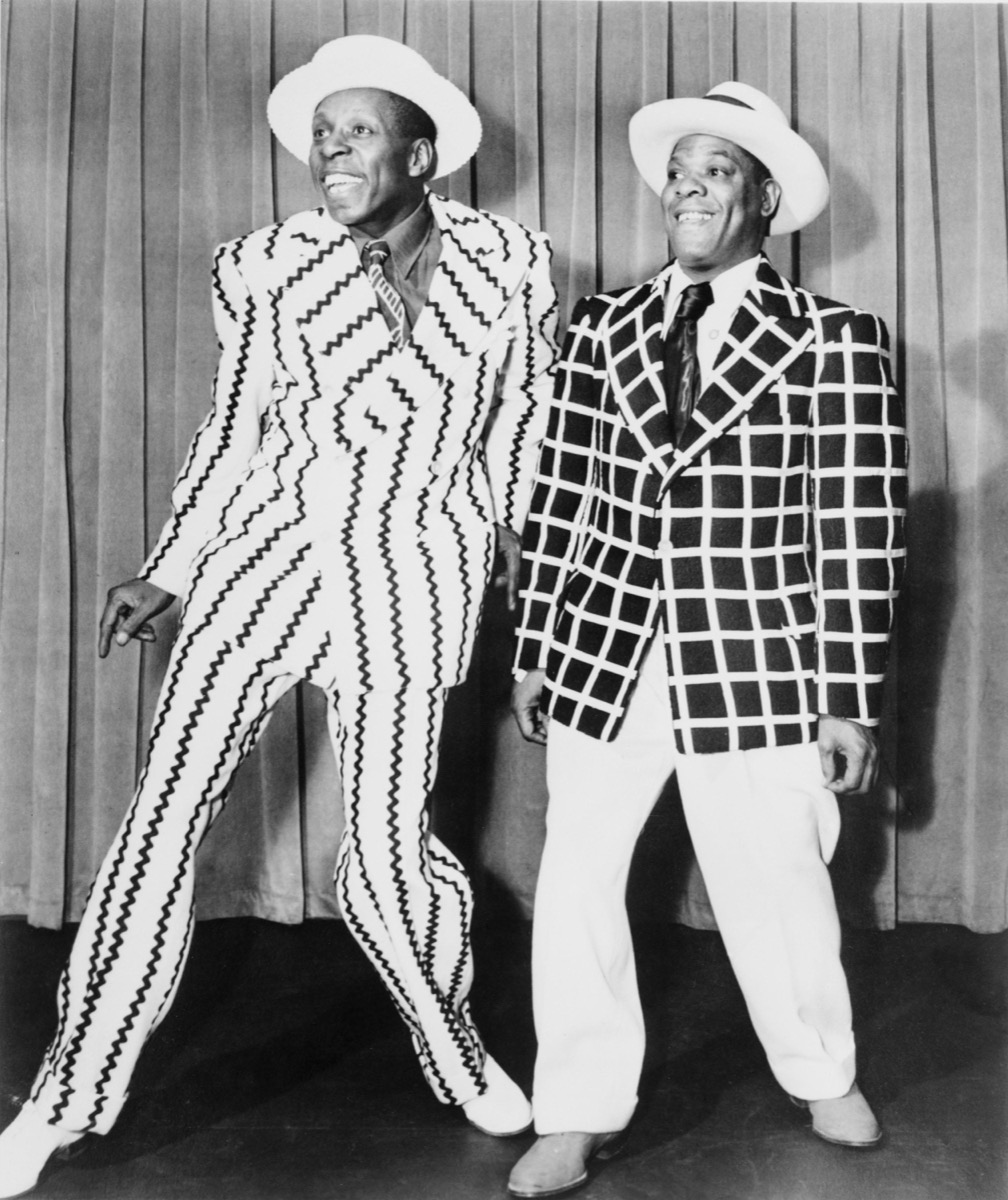
Zoot suits became a popular style of suiting for men in the 1940s. And in conjunction with this trend, people started using the word zooty to describe those who wore zoot suits. It also eventually just became synonymous with anyone dressing “flashy in manner or style.” And for more trendy looks over the decades, This Is the “It” Hairstyle the Year You Were Born.
1943: Duh
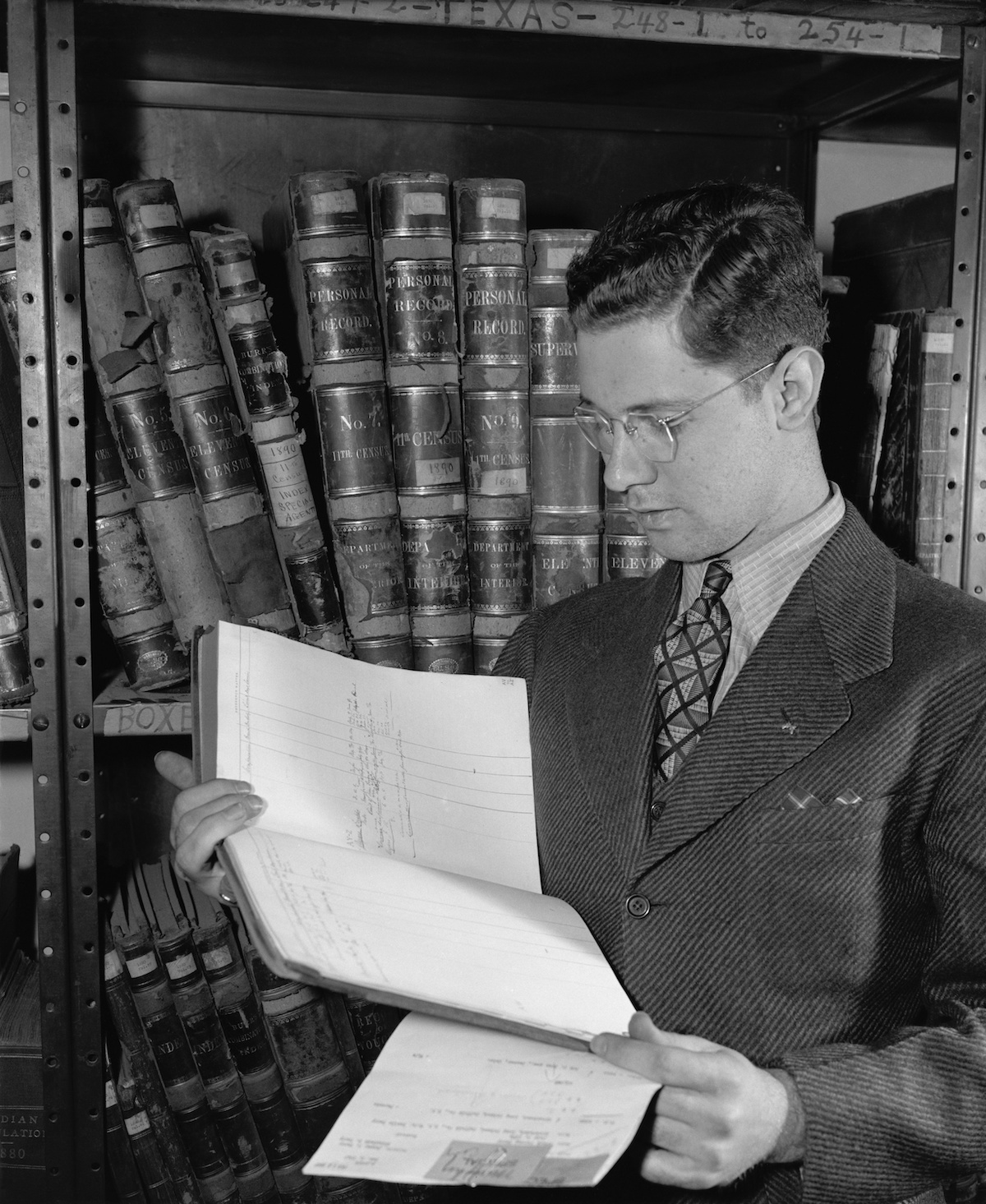
We won’t say duh if you didn’t know the origins of this slang term, since it’s a word that’s also associated with the ’90s. However, duh actually came about in the ’40s. Merriam-Webster added it to the dictionary in 1943 as a way to express “actual or feigned ignorance or stupidity.”
1944: Swabbie
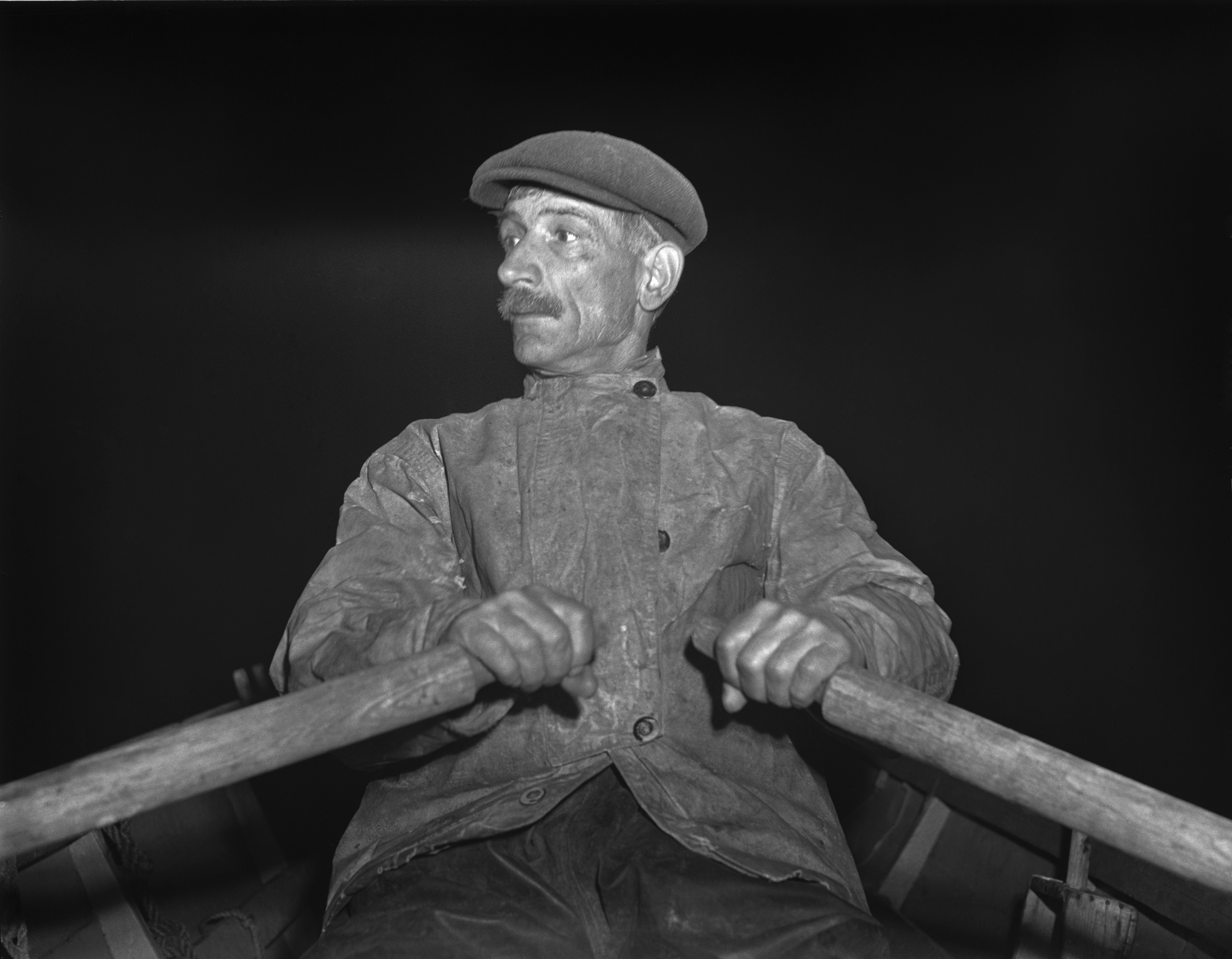
Swabbie wasn’t exactly a kind slang term when it came about in the ’40s. The word, which was added to the dictionary in 1944, is based off the word swab, and refers to a sailor, specifically “a useless or contemptible” one.
1945: Honcho
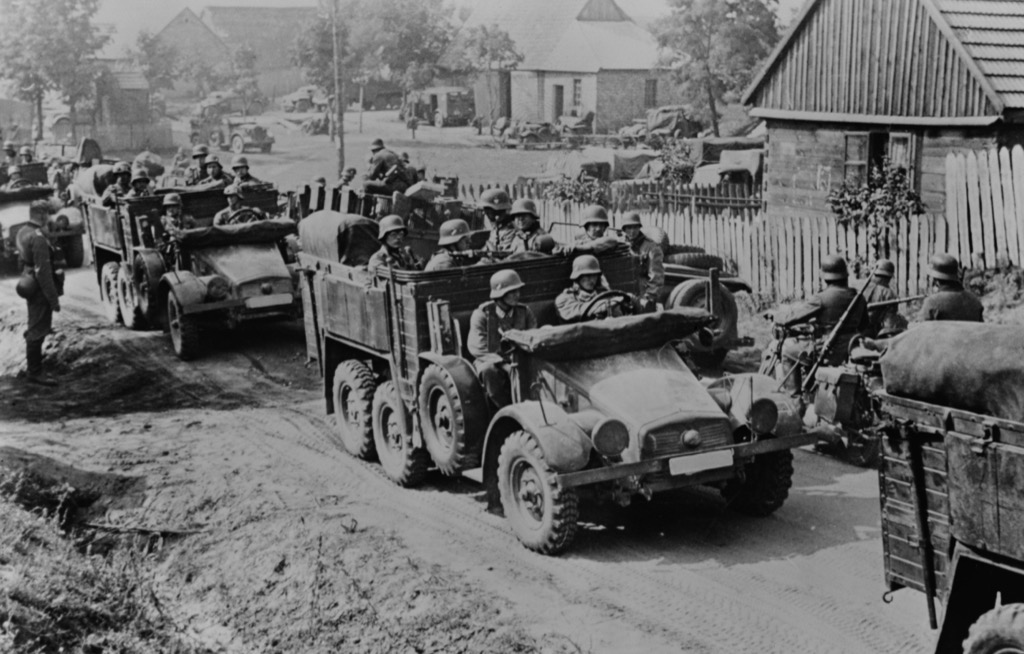
Honcho is a slang term synonymous with boss, meaning “a person who exercises control or authority.” And, according to Merriam-Webster, the word originated from the World War II era. Since the United States had a large presence in Japan the years following, honcho was adapted from the Japanese word hanchō, which means “leader of the squad, section, or group.”
1946: Sack out
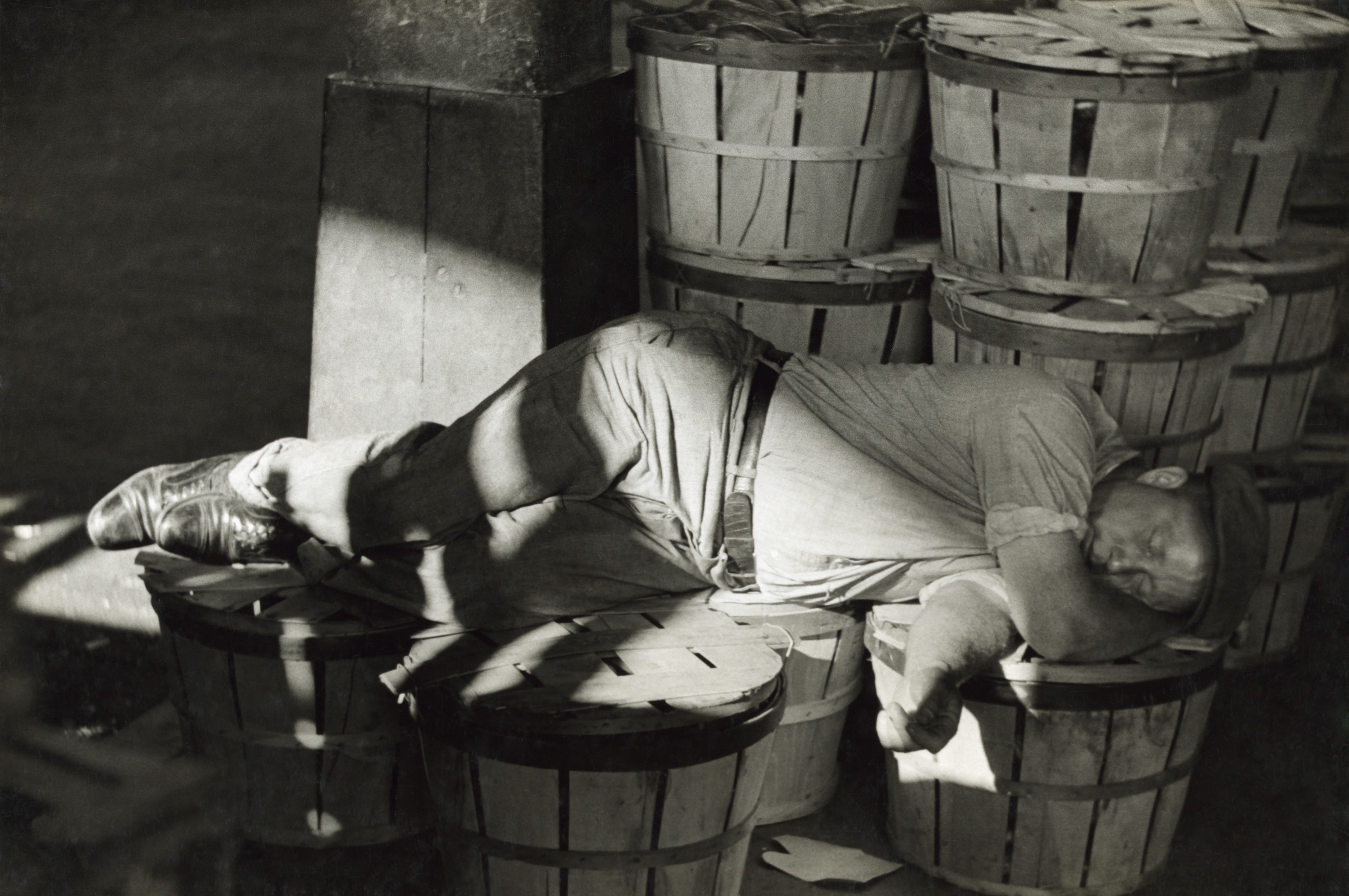
Nowadays, people usually say they are “hitting the sack” when they’re going to sleep. But, back in the 1940s, the slang term for heading to bed was sack out. Why “sack,” you ask? Well, people used to sleep on sacks stuffed with hay back in the day. (That’s also where “hitting the hay” comes from.)
1947: Party pooper
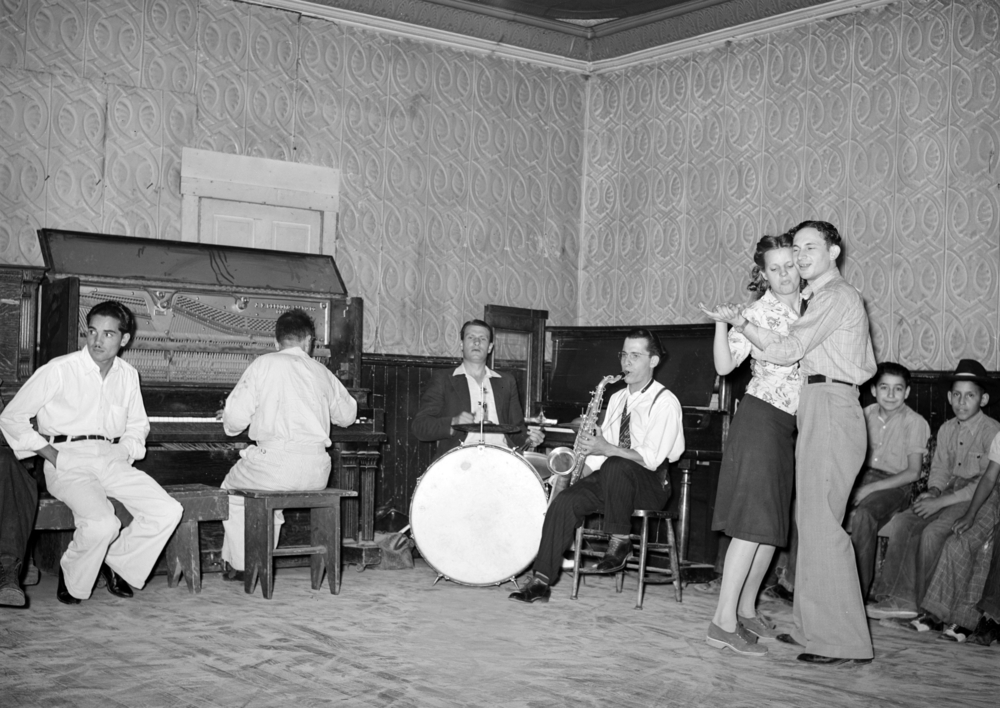
No one wants to be a party pooper these days, but you definitely didn’t want to be one back in 1947, when the slang term first gained popularity. The term was added to the dictionary to describe a “person who refuses to join in the fun of a party.” Broadly, it’s been used to describe someone “who refuses to go along with everyone else.” And for the way kids of another era would say this, check out The Best Slang Terms From the 1980s That Aren’t Cool Today.
1948: Patzer

Patzer isn’t a word we often use anymore, but it was popular in the ’40s and was added to Merriam-Webster in 1948. The word is used to describe an “inept chess player.” The etymology is not certain, but Merriam-Webster says it possibly comes from the German word patzen, meaning “blunder.” And for the phrases you may be botching on the regular, here are 50 Everyday Sayings Everyone Gets Wrong.
1949: Cornball
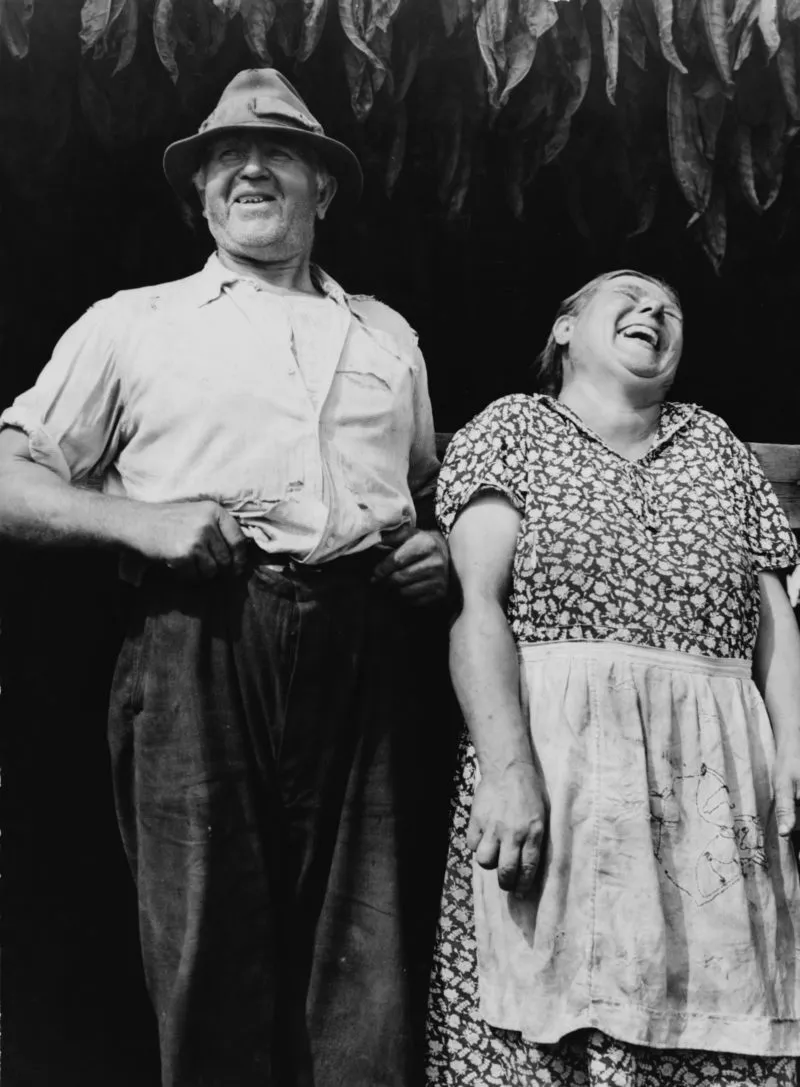
When the word cornball was first popularized in 1949, it was used to describe an “unsophisticated person.” According to Merriam-Webster, it wasn’t until two years later, in 1951, that the word evolved to describe someone who has a “corny” or “old-fashioned” sense of humor. If you can’t get enough corny jokes, check out 105 Dad Jokes So Bad They’re Actually Hilarious.
1950: Big Brotherism
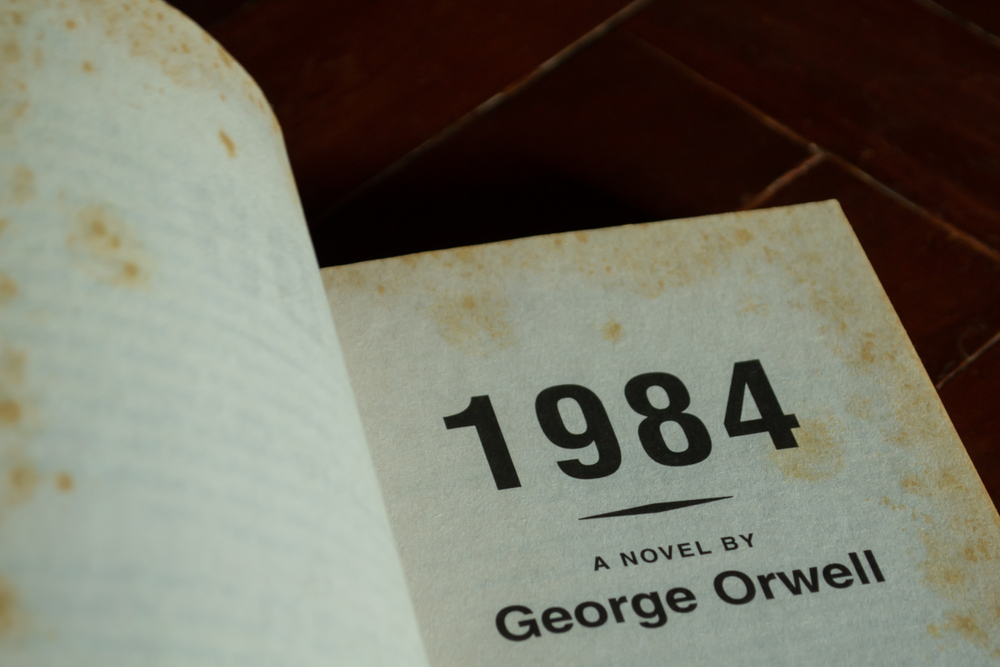
Big Brotherism describes “authoritarian attempts at complete control … of a person or a nation.” The term is an instance of science fiction influencing reality: The year before, George Orwell released his tour de force, 1984, in which Big Brother, the personification of a totalitarian regime, plays a major role.
And for more fun facts delivered straight to your inbox, sign up for our daily newsletter.
1951: Aw-shucks
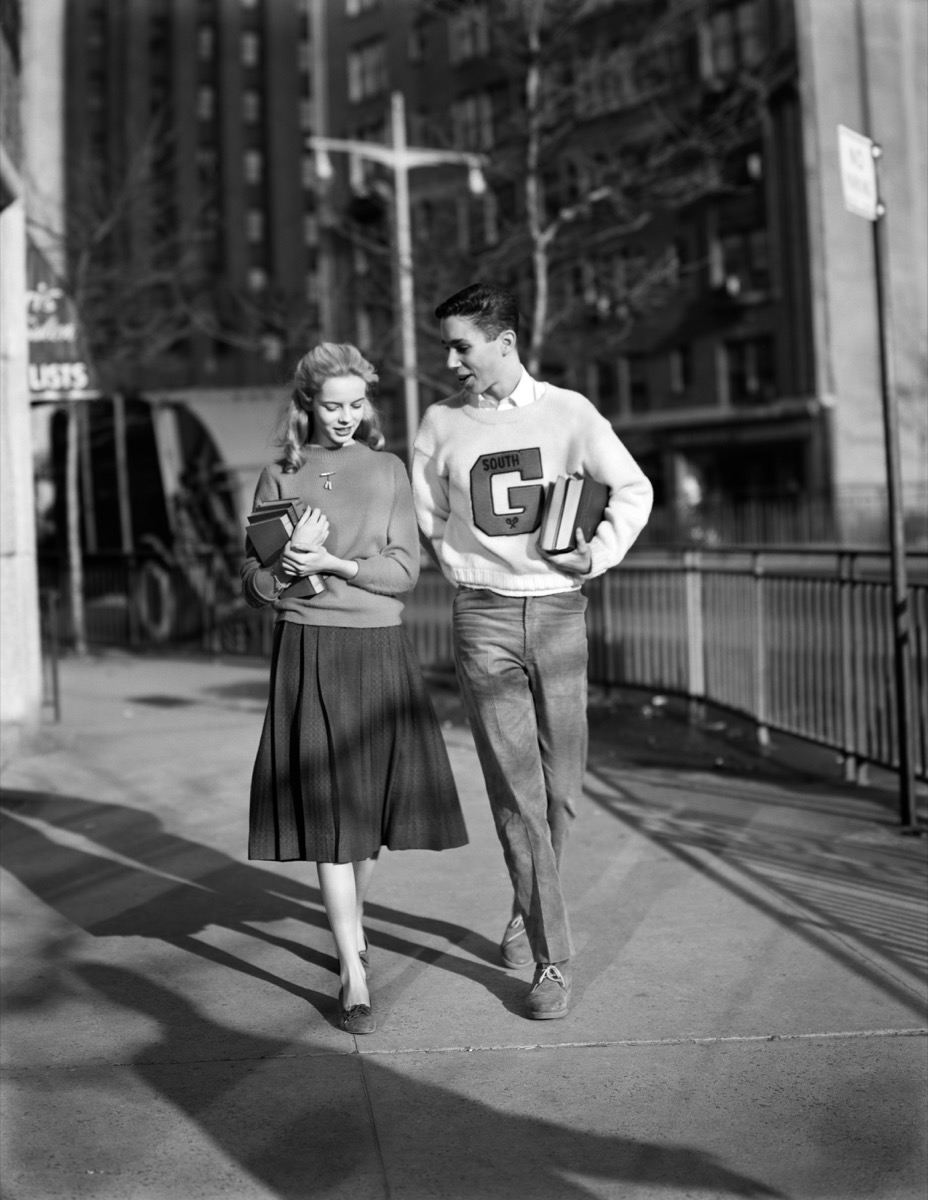
When Merriam-Webster first recognized the slang term aw-shucks in 1951, it was defined as an adjective marked by a self-conscious manner. And although the word has remained popular throughout the years, it is now more commonly used as a stand-alone expression of modesty.
1952: Bafflegab
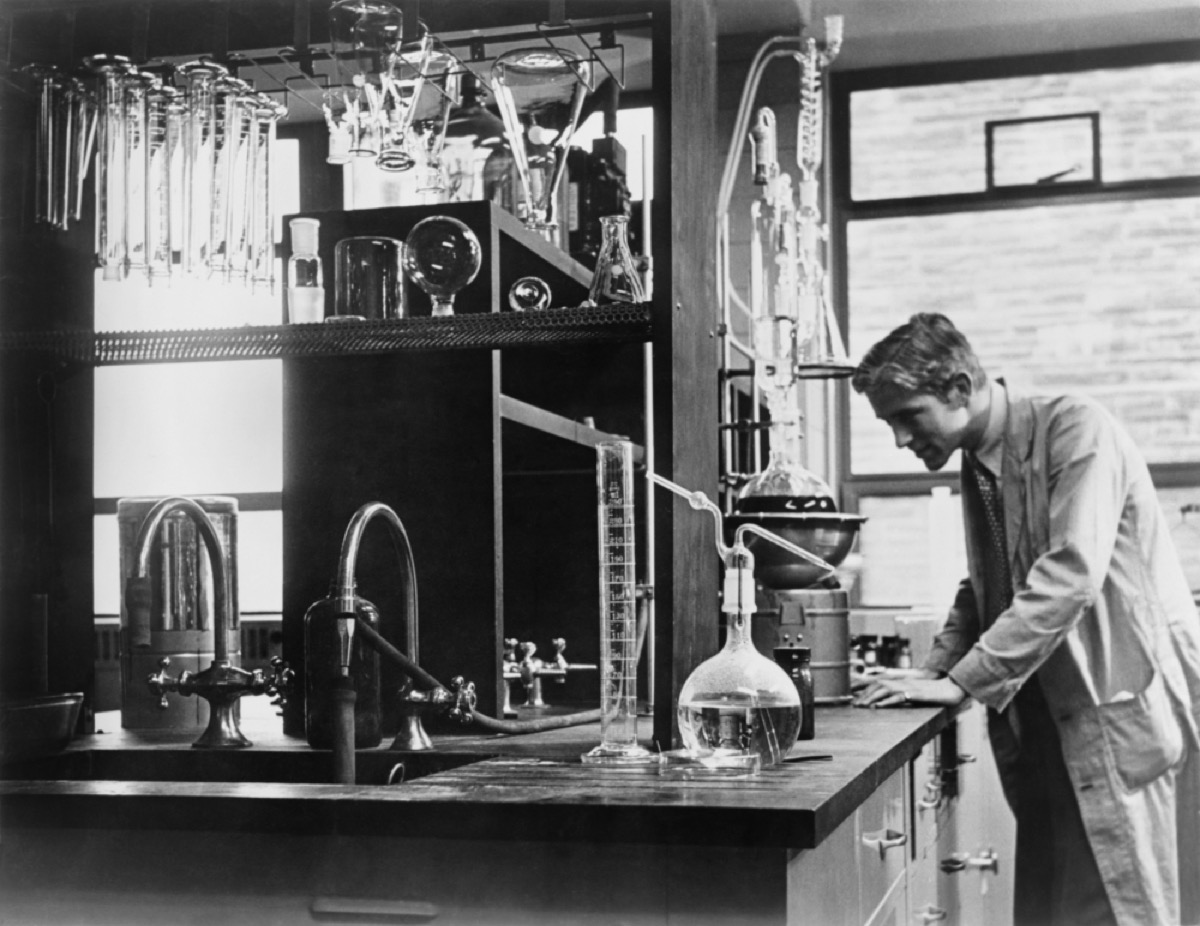
You might be thinking to yourself that the word bafflegab sounds like gibberish, and you wouldn’t be wrong. The slang term was added to Merriam-Webster in 1952 as a way to describe “wordy and generally unintelligible jargon.”
1953: Frenemy
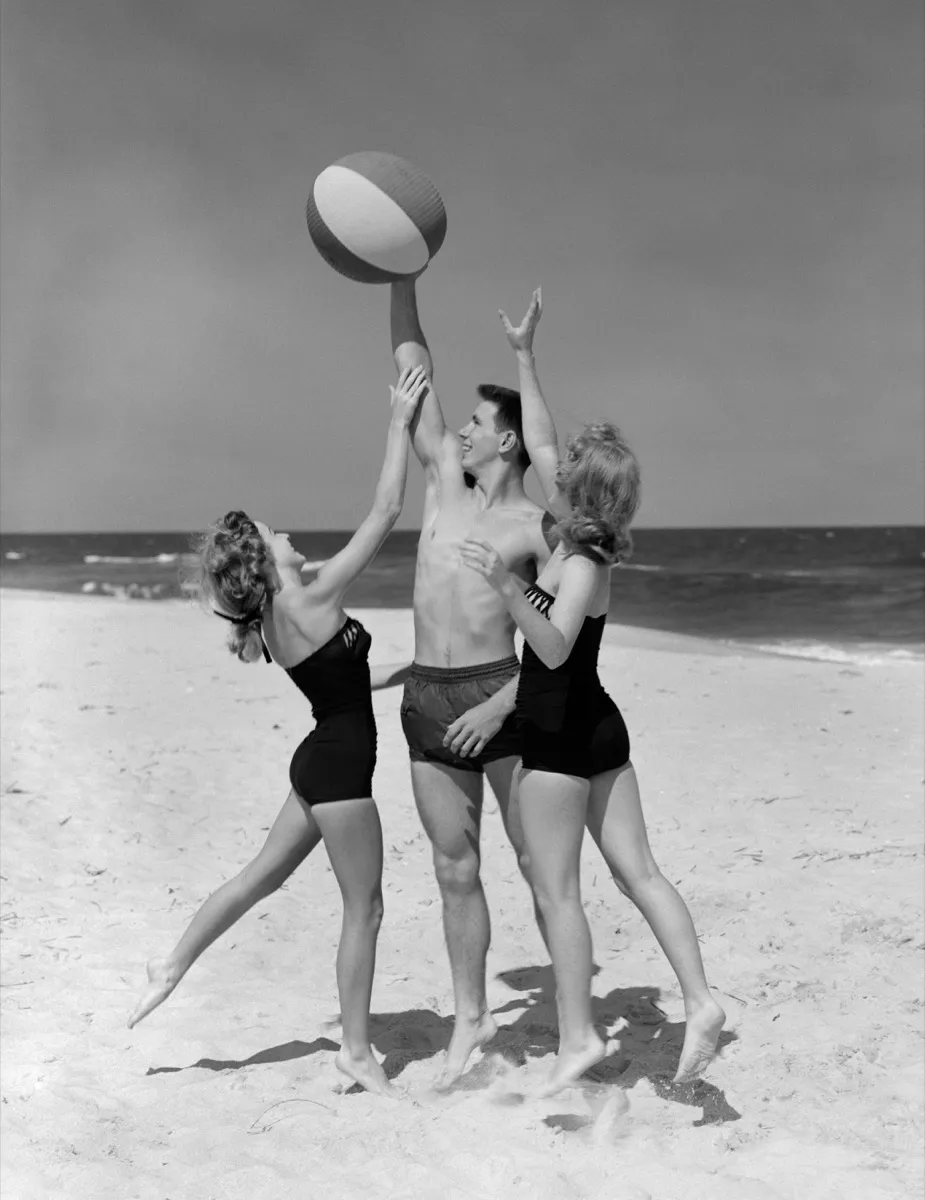
Professor X and Magneto from X-Men. Serena and Blair from Gossip Girl. These two ladies fighting over the same beach ball and guy. Yes, frenemy describes anyone “who pretends to be a friend but is actually an enemy.” And while it’s still in use today, the slang term was popularized and added to Merriam-Webster in 1953.
1954: Rock and Roll

Both the words “rock” and “roll” have been around for centuries, but Merriam-Webster only added the compound term rock and roll to the dictionary in 1954, describing what was then a nascent trend in music. The term gained fame and popularity courtesy of ’50s Ohio DJ Alan Freed.
1955: Jazzed
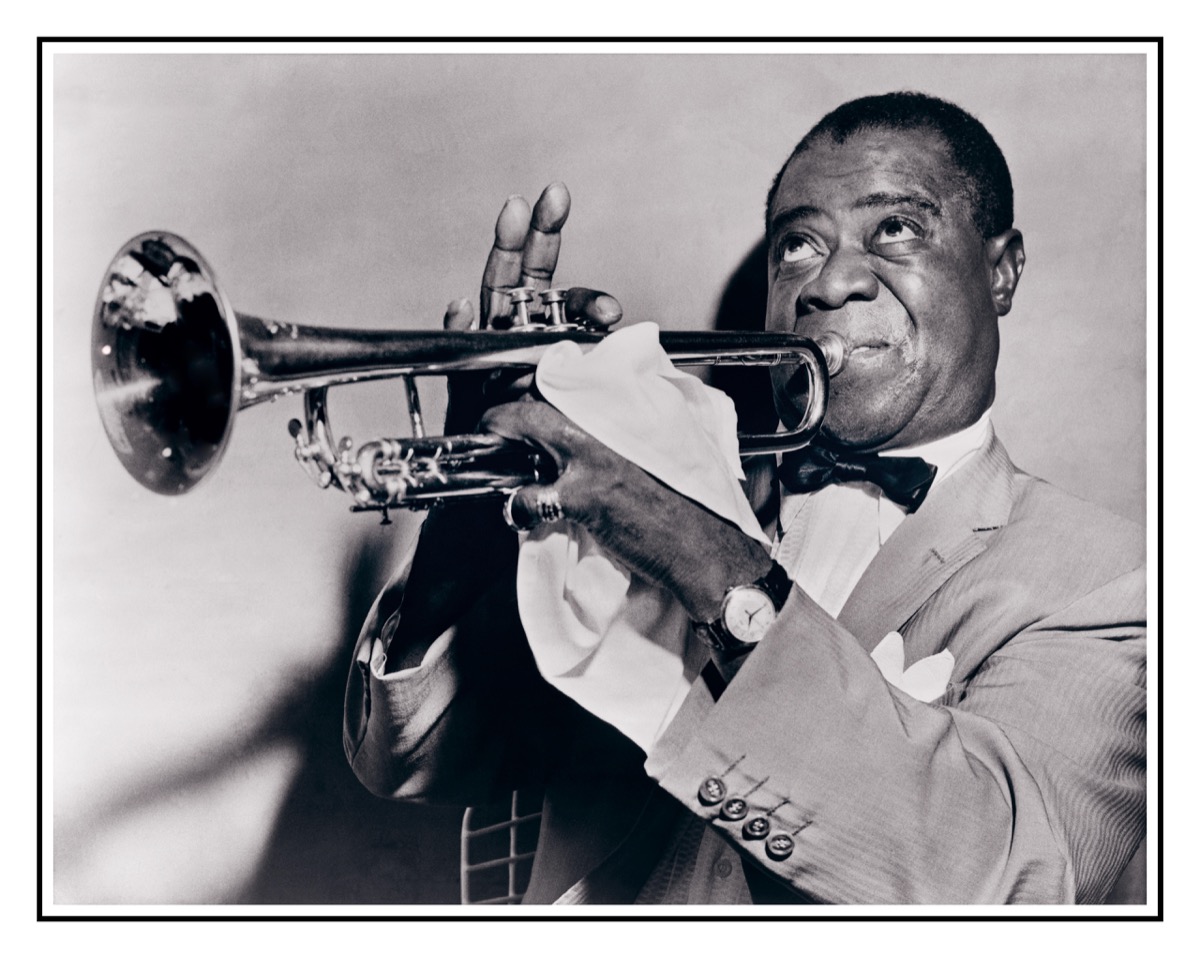
Thirty years after the Jazz Age, Merriam-Webster added the slang term jazzed to the dictionary. The adjective, a play on the word for the popular ragtime music, is an informal way to describe someone who is “full of excitement or enthusiasm.” And for more jazz-related slang, check out these 20 Pieces of 1920s Slang to Make You Long for the Jazz Age.
1956: Psychedelic
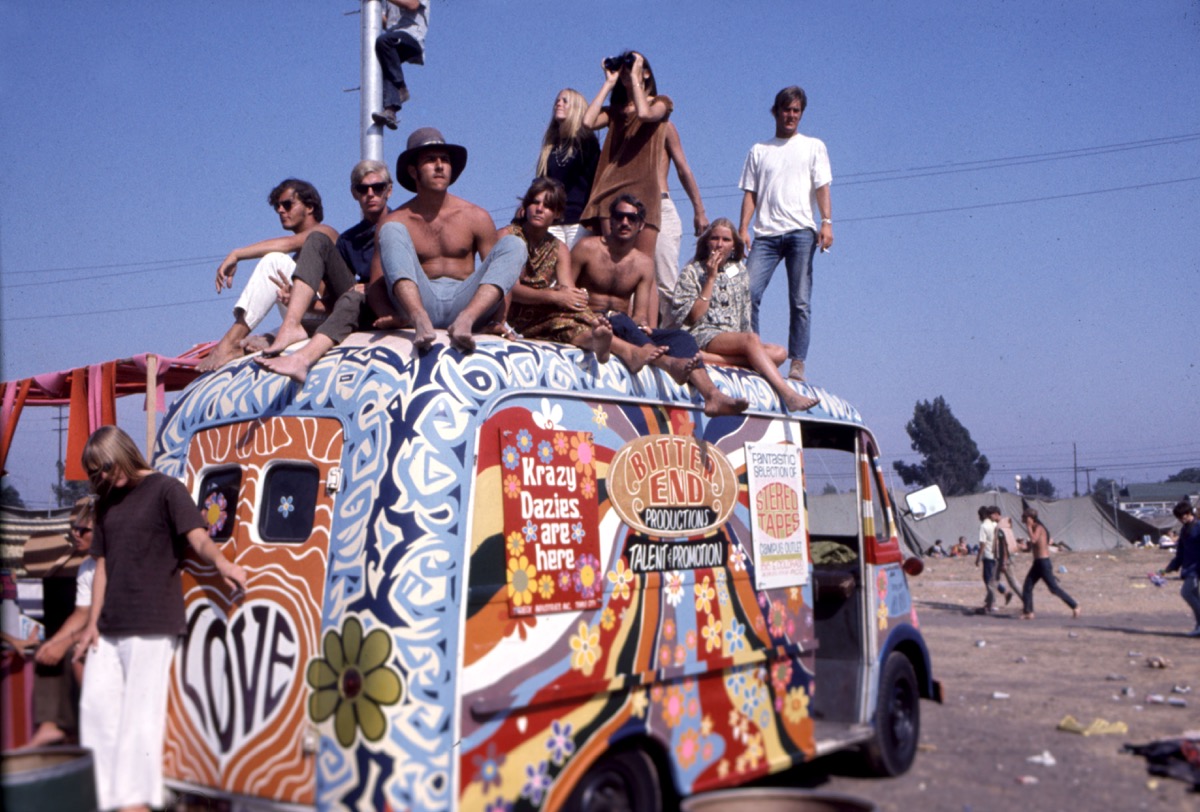
While it’s more commonly associated with the ’60s and ’70s, the word psychedelic was actually first added to Merriam-Webster in 1956. At the time, it was used literally to describe a substance that produced psychic effects, like hallucinations.
1957: Fantabulous
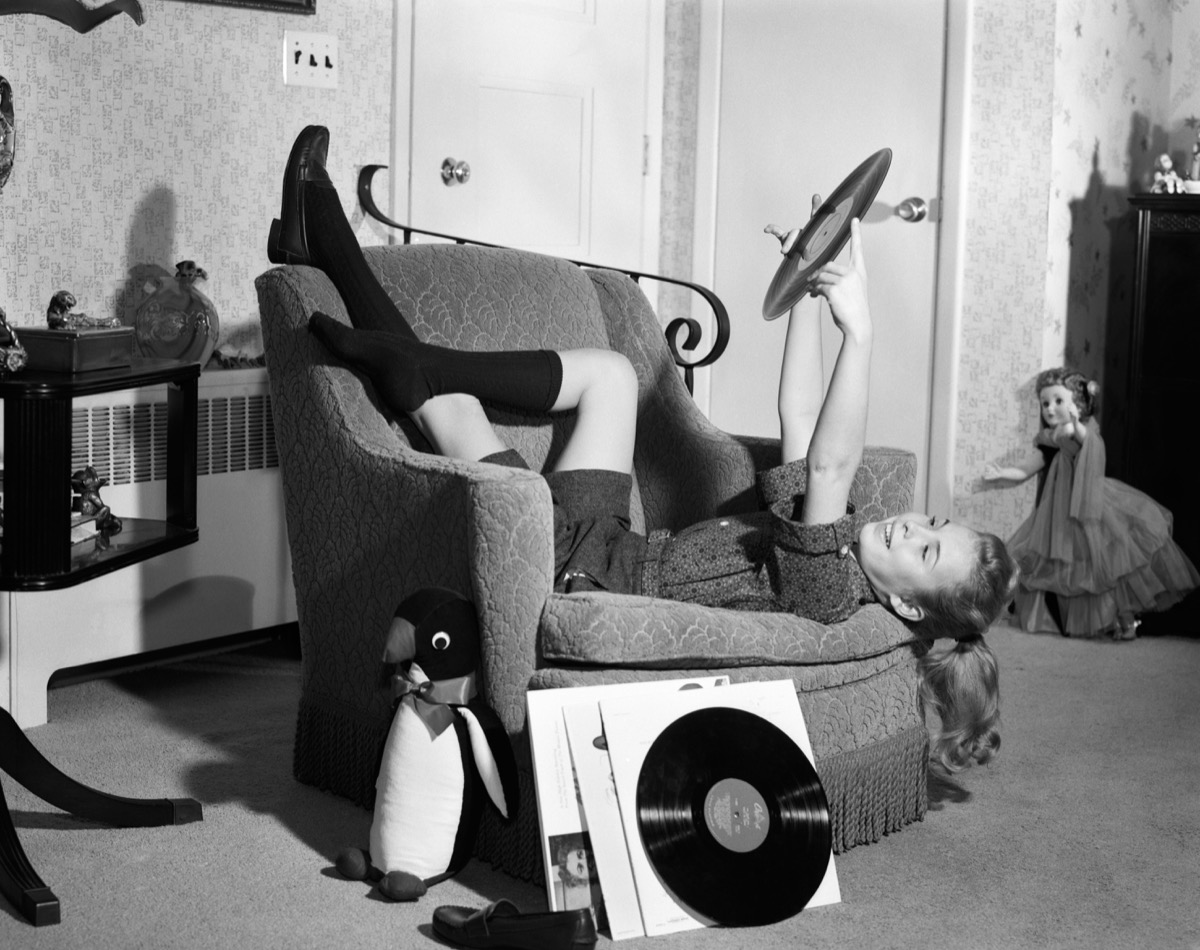
Back in the late 1950s, if you wanted to describe your admiration for something, calling it merely fantastic or fabulous wouldn’t cut it. Instead, people decided to combine the two words to create the portmanteau fantabulous, a term so fantabulous that Merriam-Webster added it to the dictionary in 1957. And for more ’50s words you don’t hear often, learn 20 Slang Terms From the 1950s No One Uses Anymore.
1958: Rom-com
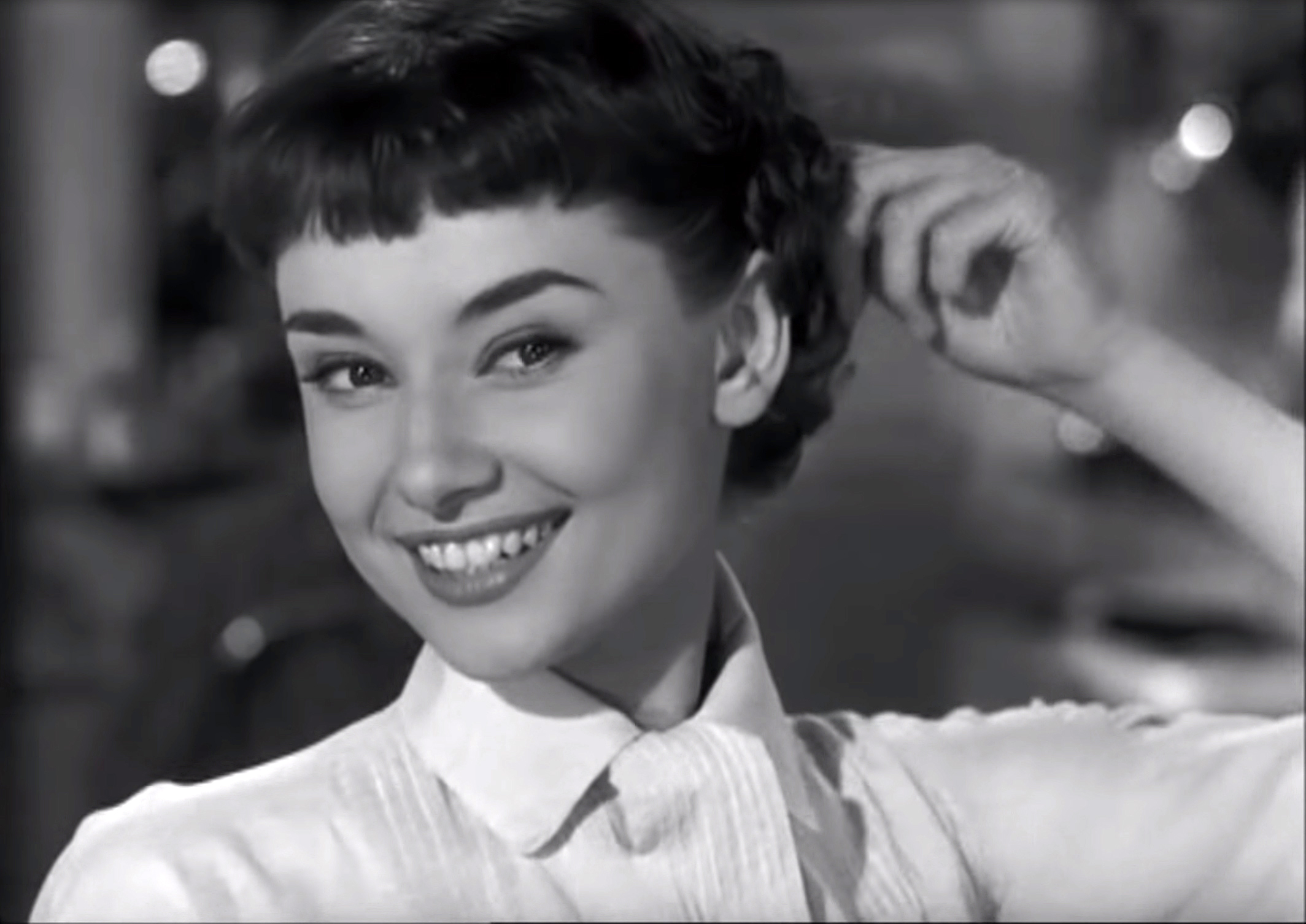
Everyone knows what you mean today when you say your favorite film genre is the rom-com. But those heart-fluttering films weren’t known as such until the late 1950s—and the slang wasn’t officially added to Merriam-Webster until 1958, specifically. The shortened term for “romantic comedy” was coined in an era when some of the best of the best were hitting the screens. Roman Holiday, anyone?
1959: Klutz
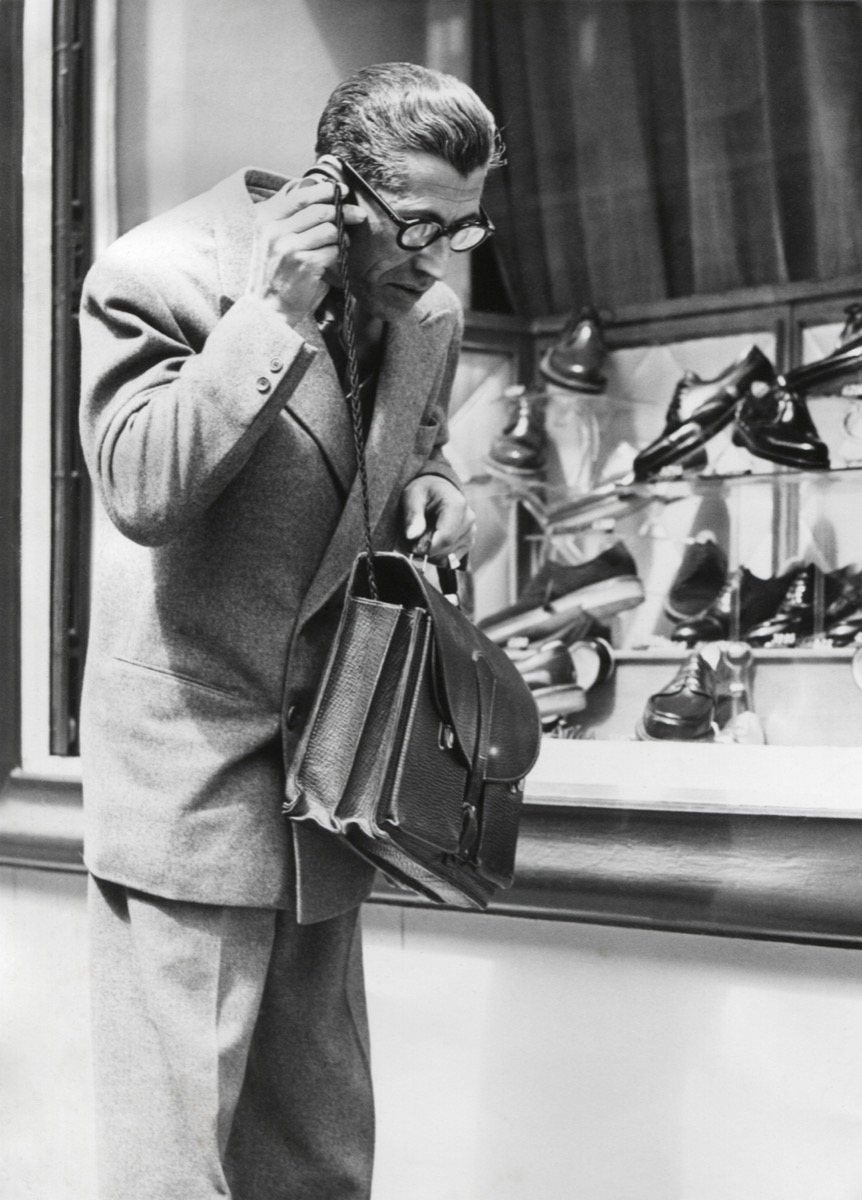
The word klutz has Yiddish origins, but it was added to the English Merriam-Webster dictionary in 1959. The ’50s slang term is a simple, concise way to describe someone who’s overly clumsy. And for more Yiddish words to introduce into your vocabulary, try these 30 Useful Yiddish Words Anyone Can Use.
1960: Doofus
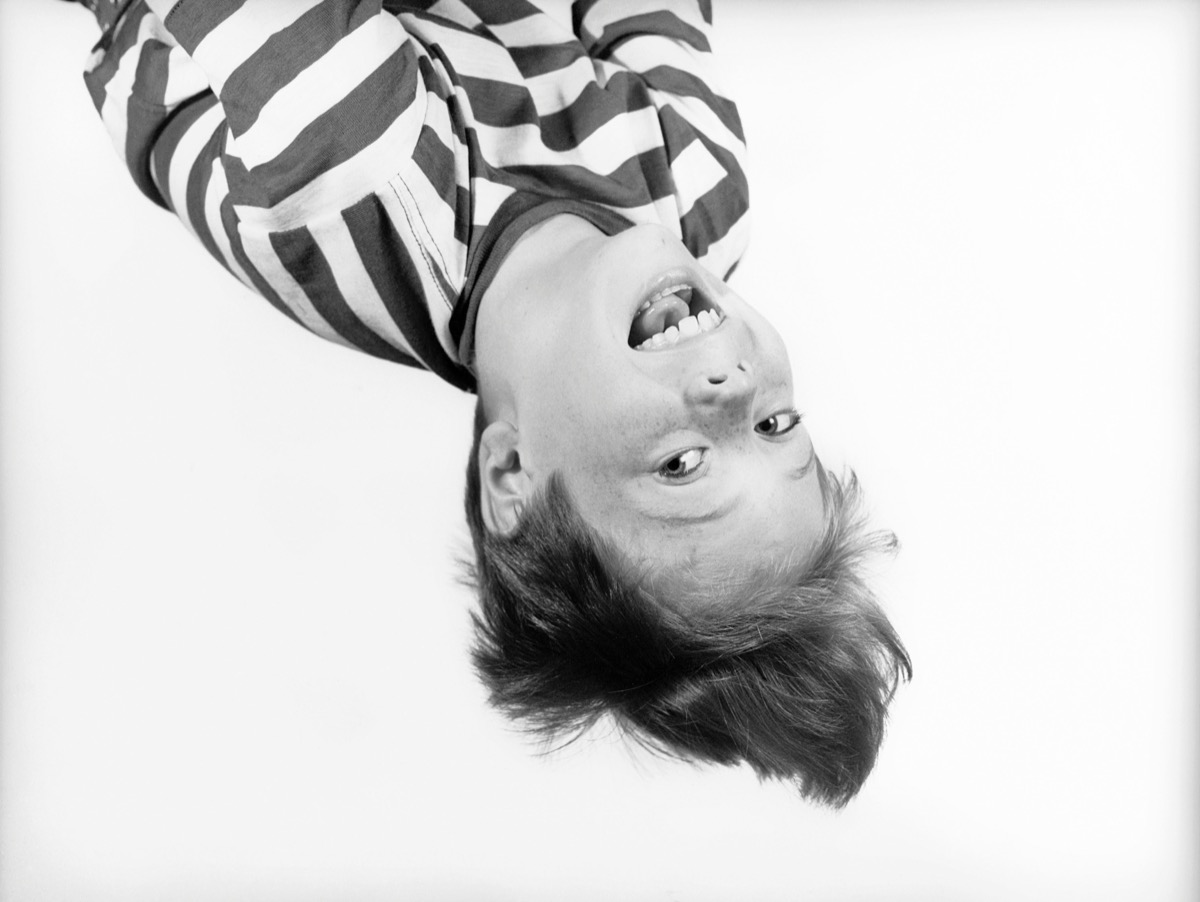
Meant to describe a “foolish person,” the slang term doofus came about in the early ’60s. As for where it comes from? No one is 100 percent sure, but Merriam-Webster offers two possible origins: It was either a substitute for the informal word goofus, or it was derived from the Scottish word doof, which also refers to a foolish person.
1961: Dishy
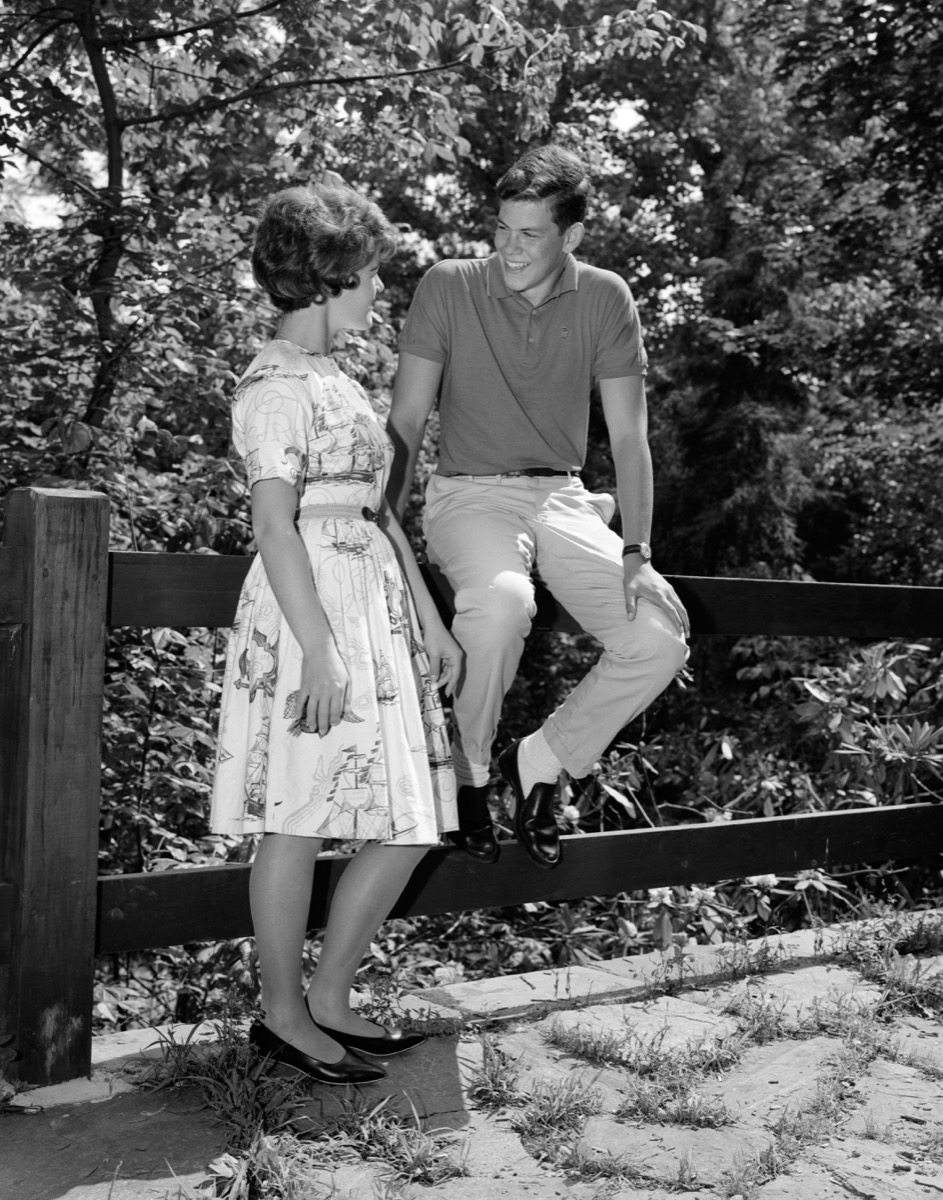
If you were to use the word dishy nowadays, someone might assume you’re about to serve up some serious gossip. However, when it was added to the Merriam-Webster dictionary in 1961, the slang term was used to describe an “attractive” or “good-looking” person.
1962: Baggies

If you saw someone wearing baggies in 1962, you might be so kind as to offer them a belt. The slang word was coined in the early ’60s as a way to describe “baggy pants or shorts.” And for more outdated slang from the era, here are 20 Slang Terms From the 1960s No One Uses Anymore.
1963: Catch-22
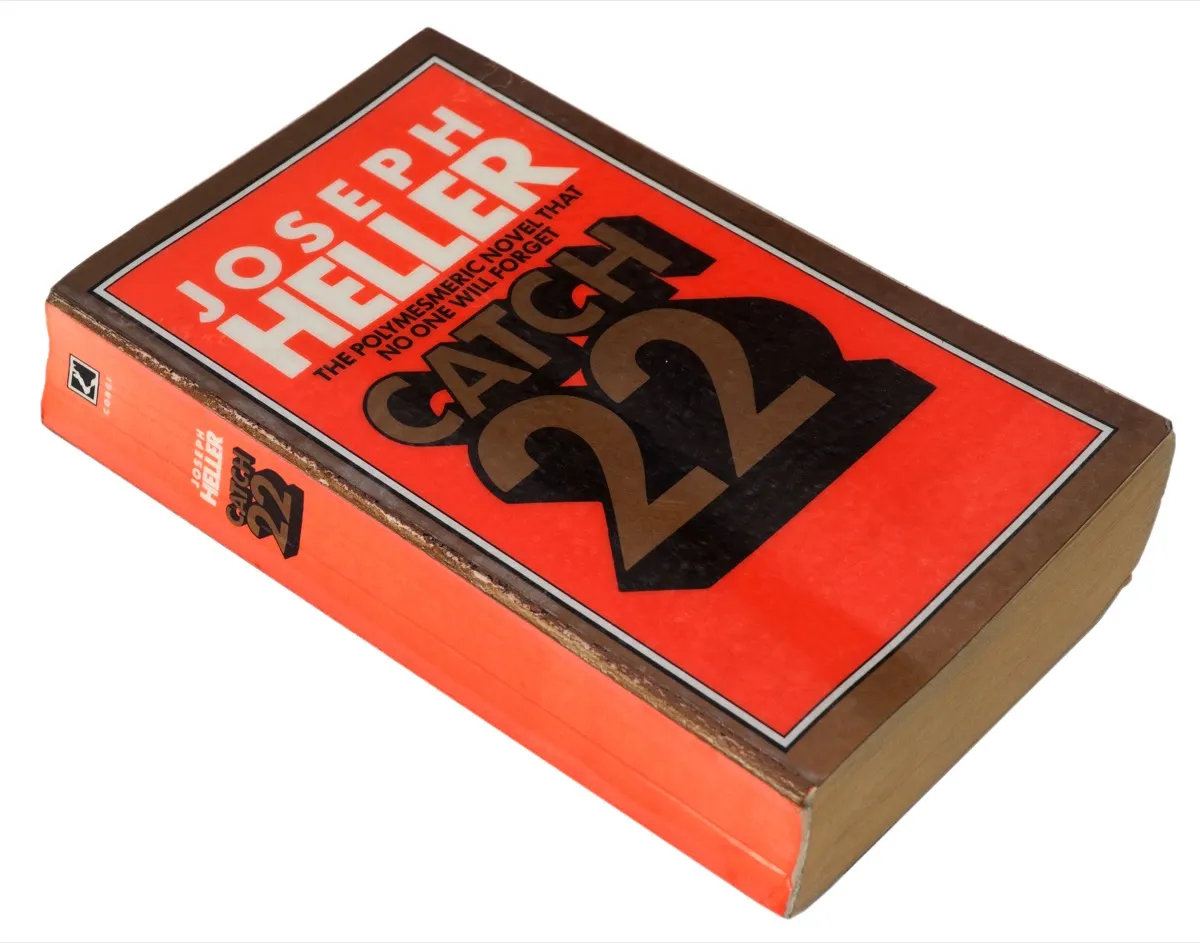
In 1961, Joseph Heller released his satirical war novel, Catch-22. The term catch-22 itself appeared multiple times throughout the novel, mostly to describe a governmental loophole or contradiction. The phrase gained such popularity afterwards that, in 1963, Merriam-Webster officially added it to the dictionary to describe a “problematic situation for which the only solution is denied by a circumstance inherent in the problem or by a rule.”
1964: Folkie
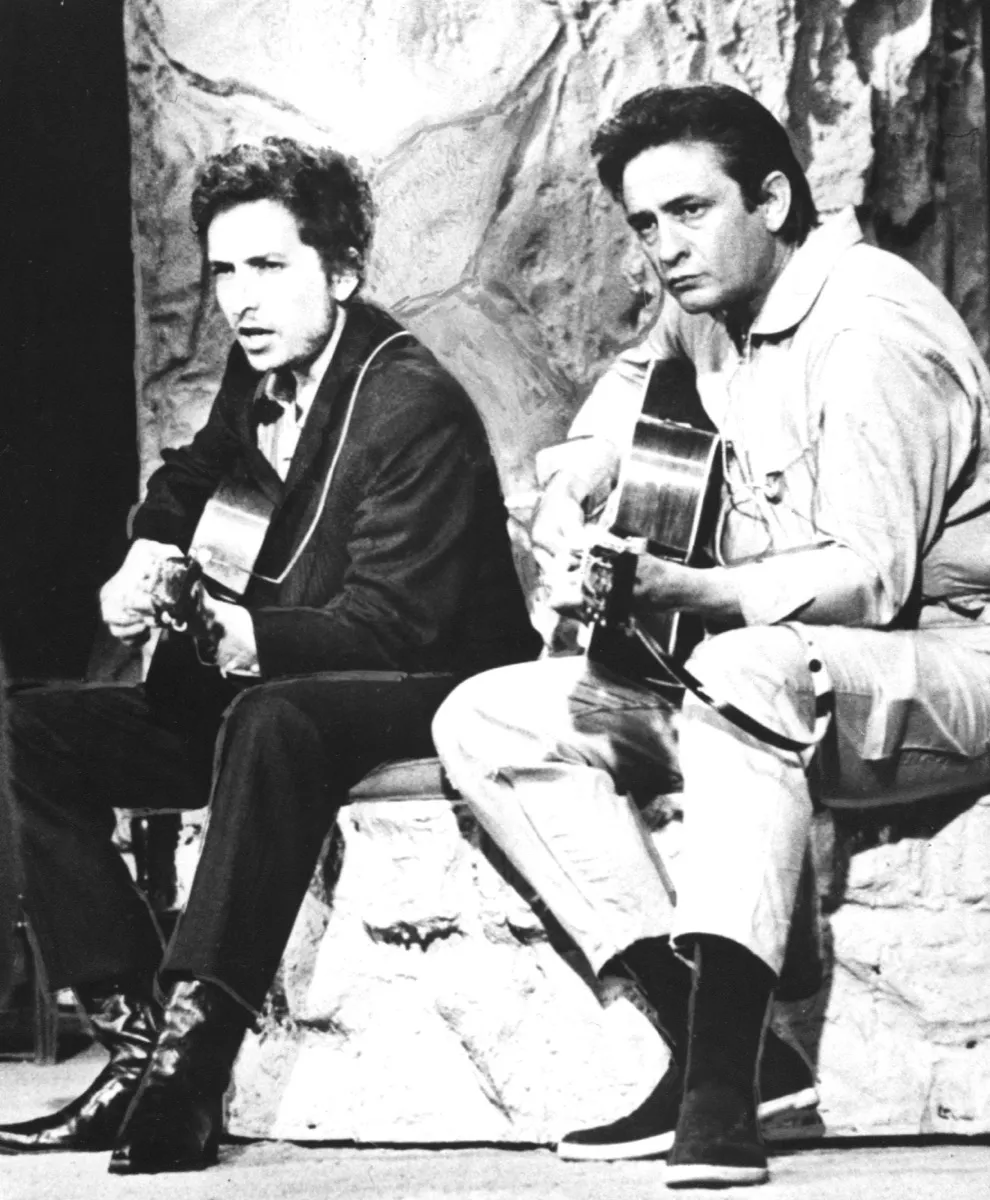
American folk music took off like a rocket ship in the mid-1960s, and the term folkie—which refers to a folk singer—was added to Merriam-Webster in 1964. Bob Dylan (pictured here on the left) and Leonard Cohen were just two popular folkies from that era.
1965: Hippie
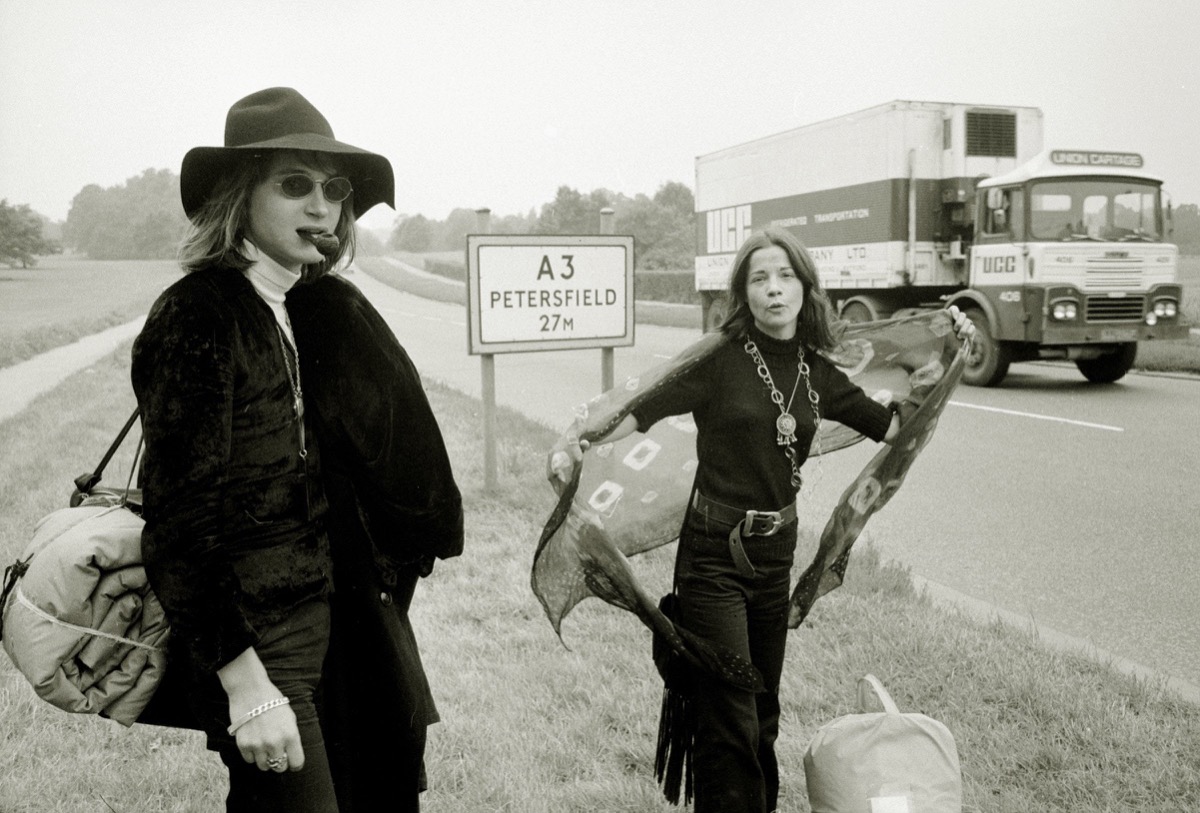
Hippie comes from the word hip, which means “cool” or “up-to-date.” The new slang term was popularized by journalists in the 1960s as a way to label the new, arising youth subculture that was rejecting long-established societal norms. Then, Merriam-Webster officially adopted the word into the dictionary in 1965—and we still use it today to describe earth-conscious, free-loving countercultural folks.
1966: Groupie
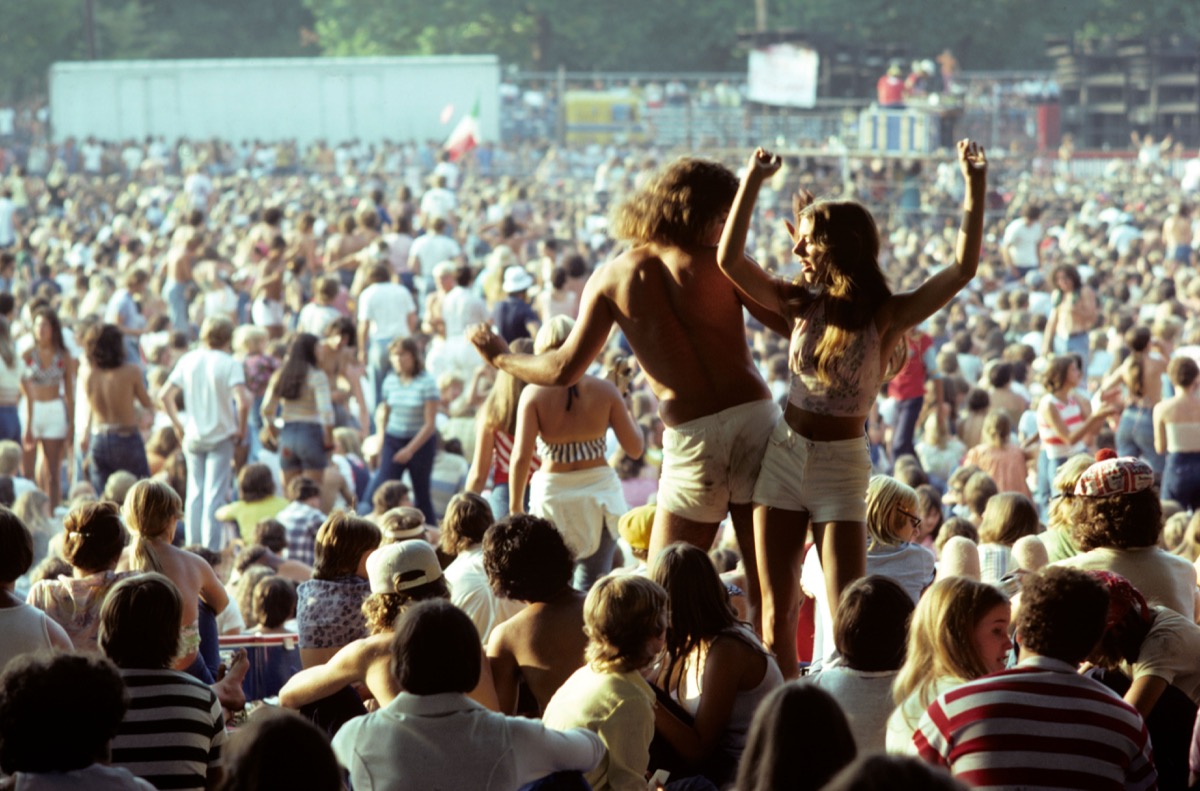
Today, the word groupie is pretty much used to label any dedicated fan of a celebrity who travels to attend as many of their public appearances as possible. When Merriam-Webster added the word to the dictionary in 1966, however, it specifically referred to female fans who followed rock groups around on tour.
1967: Grinch
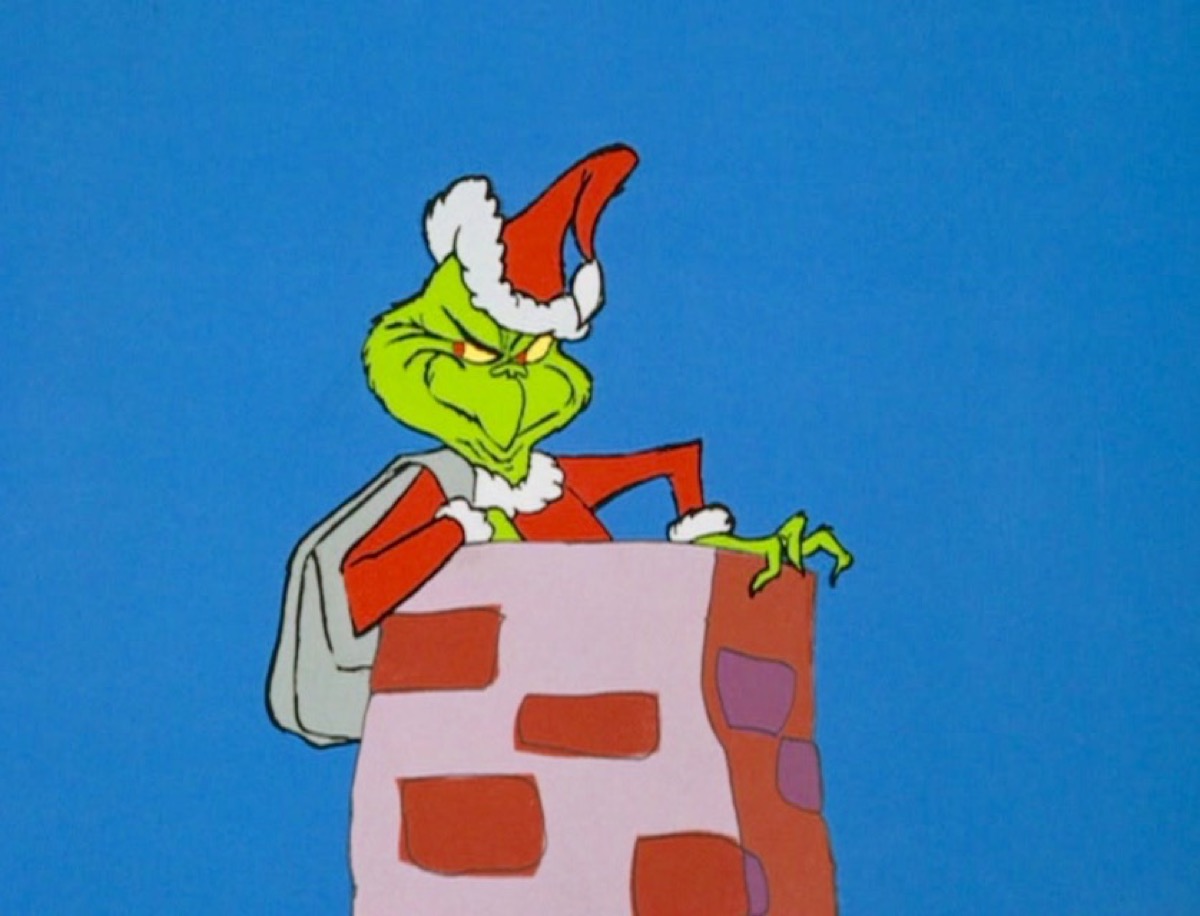
Grinch was added to the dictionary in the late ’60s as a way to describe a “grumpy person who spoils the pleasure of others.” And yes, it was coined by Dr. Seuss, courtesy of his 1957 story How the Grinch Stole Christmas. A year after the animated version of the children’s book aired on TV in 1966, Merriam-Webster added this common slang term to the dictionary.
1968: Mondo
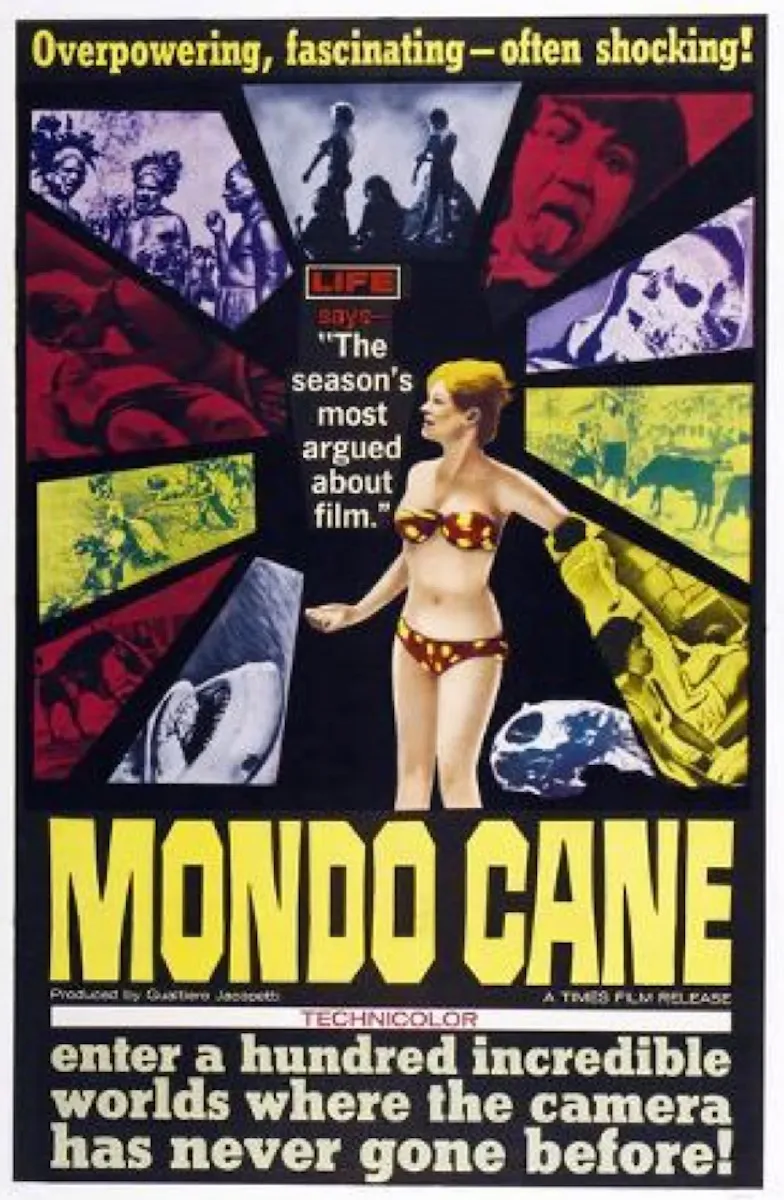
As a slang way to say “extremely” or “very large or great in amount or number,” mondo was added to Merriam-Webster in 1968. The English use of the word comes from the bizarre 1962 Italian film Mondo Cane, where “mondo” translates to “world.” But it was circulated in America through mock-Italian phrases like “mondo bizarro.”
1969: Ew
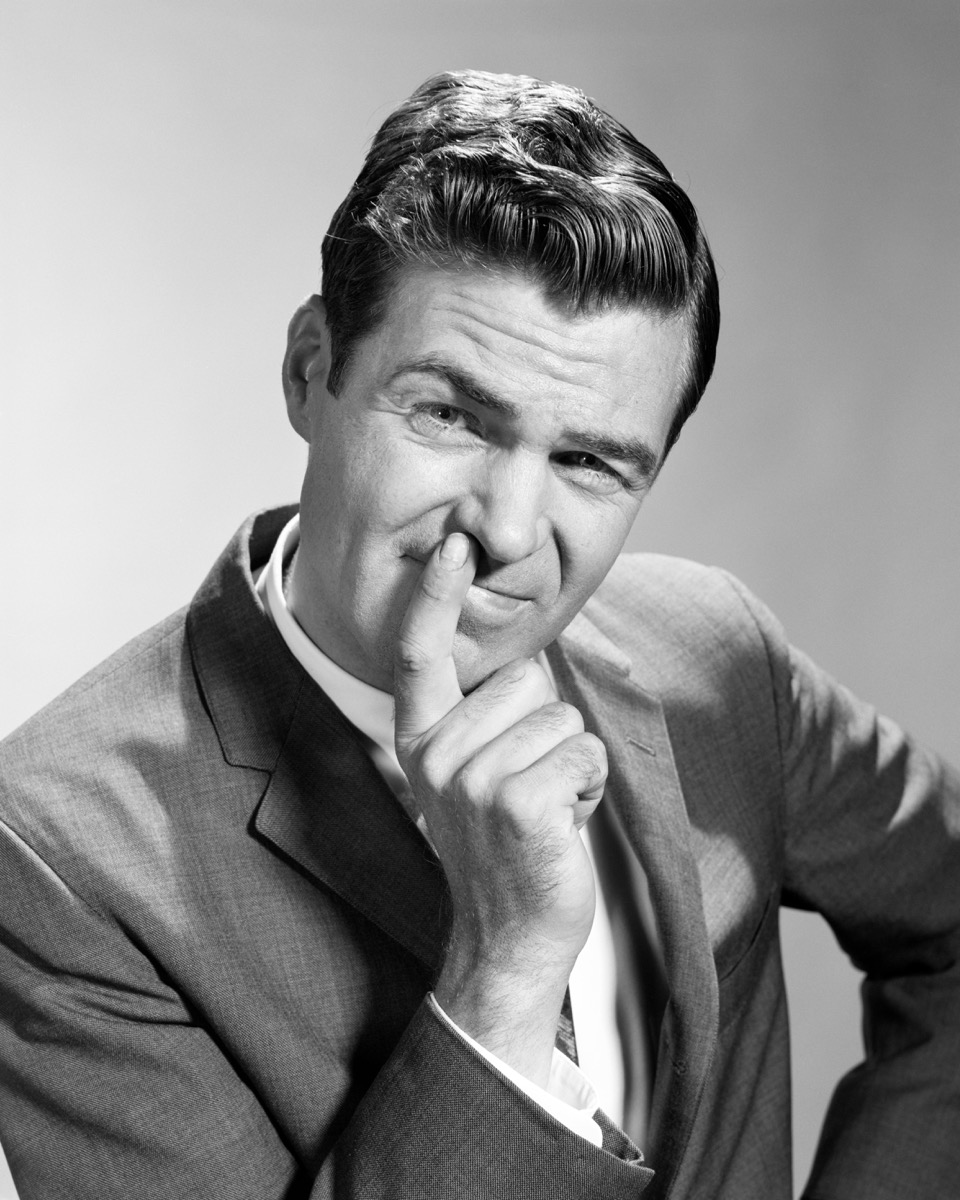
The word ew is commonly associated with the ’80s, during which it quickly became a core tenet of valley-girl speak. But the slang term—used to express disgust—was actually first popularized during the late ’60s, and acknowledged by Merriam-Webster in 1969.
1970: Newbie
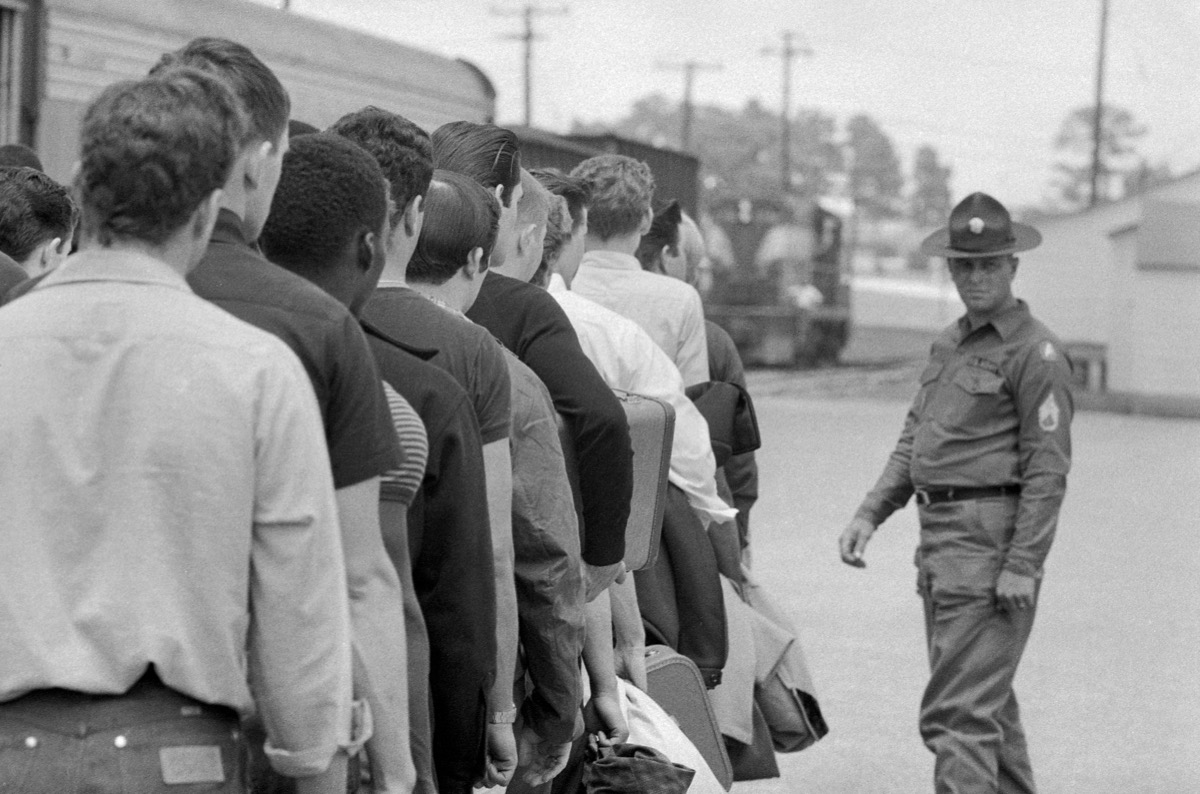
Synonymous with words like beginner and newcomer, the slang term newbie describes anyone who has recently started a particular activity. Its etymology is unclear, but it was used by the United States Army in the ’60s and ’70s as a way to label new troops joining the service during the Vietnam War.
1971: Trifecta
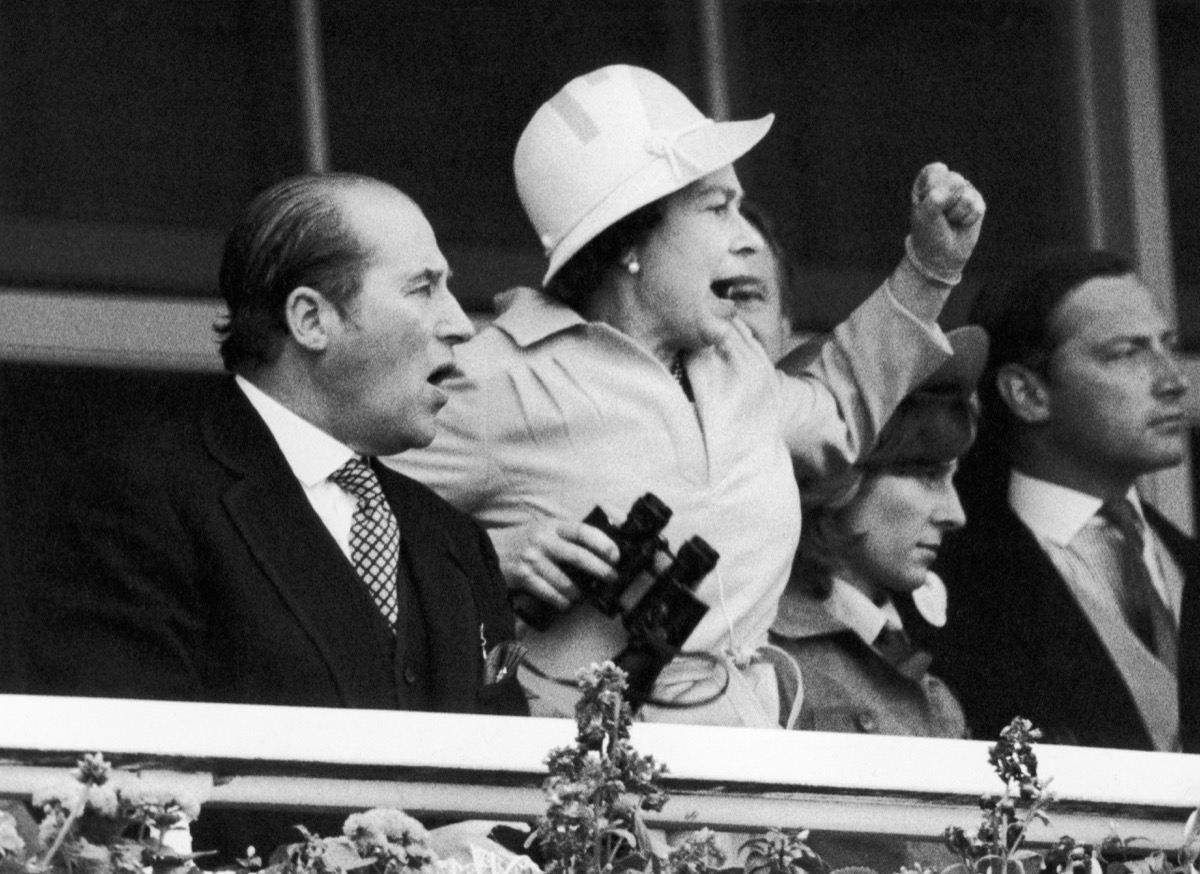
Trifecta is used nowadays to describe something, typically positive, in terms of a group of three. But according to Merriam-Webster, when it was first added to the dictionary in 1971, it was a slang term used for a “horse-racing bet in which the first, second, and third place finishers are chosen in the correct order.”
1972: Woke
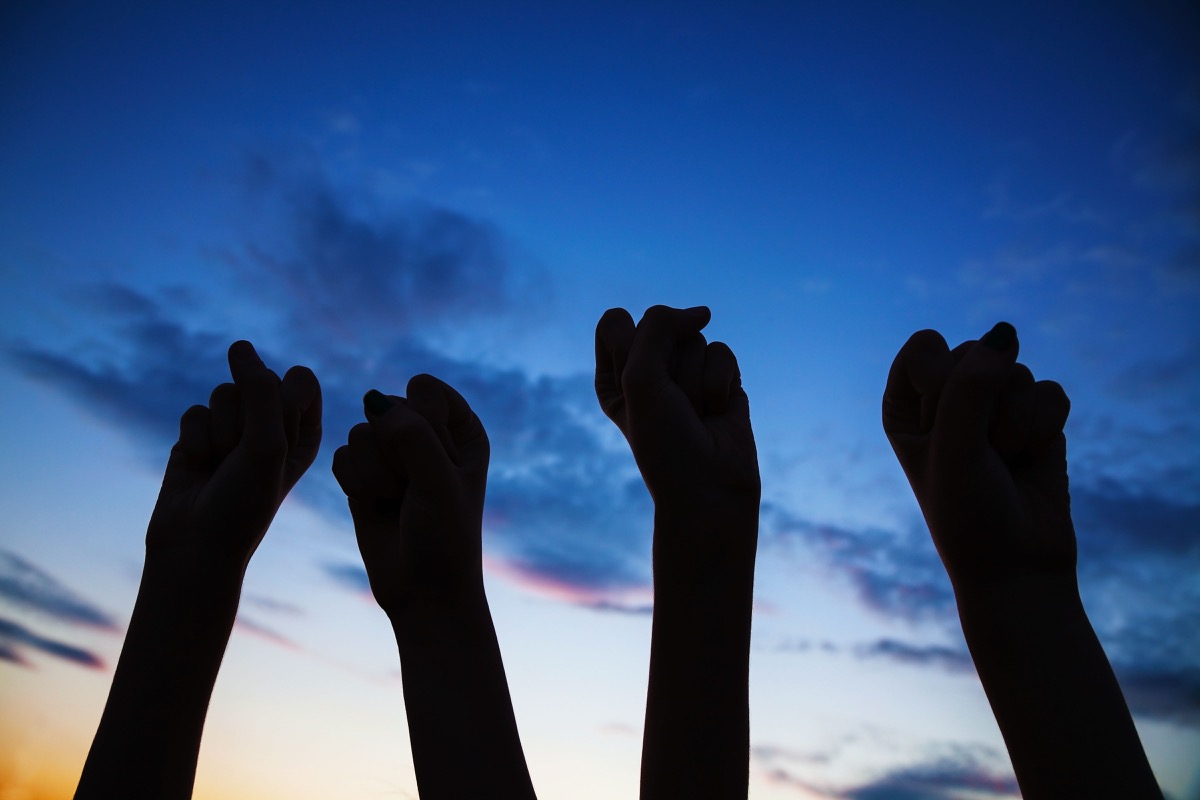
If you’re a frequent denizen of the internet these days, you know what it means to be woke (i.e., aware of social issues, especially in relation to racial injustice). However, the slang term has actually been around for decades. It was added to the dictionary in 1972, when it was made popular by the play Garvey Lives!
1973: Space cadet
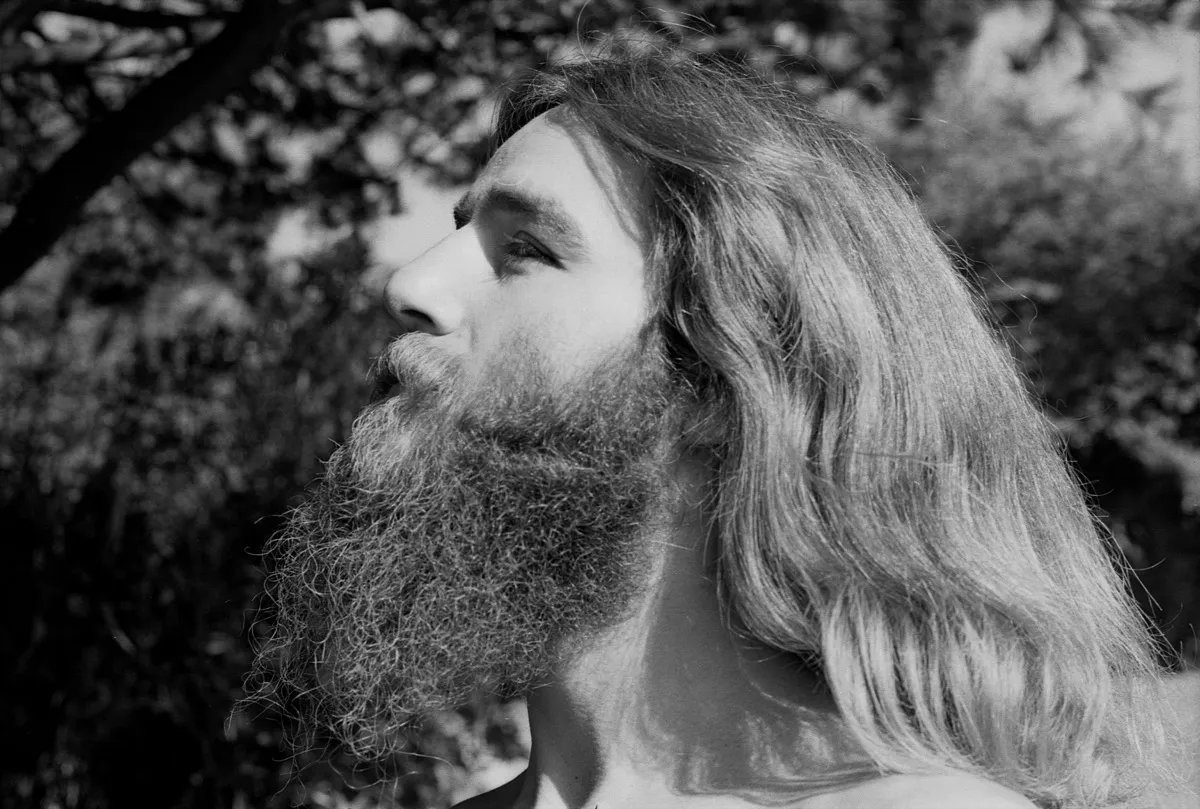
When the slang term space cadet was added to the dictionary in 1973, it had been circulating in a derogatory way, meaning someone who is “flaky, lightheaded, or forgetful.” And while that’s the same way it’s used today, before the ’70s, Merriam-Webster explains that it just referred to a high astronaut ranking, as coined by Robert Heinlein with his 1947 novel, Space Cadet.
1974: Gotcha
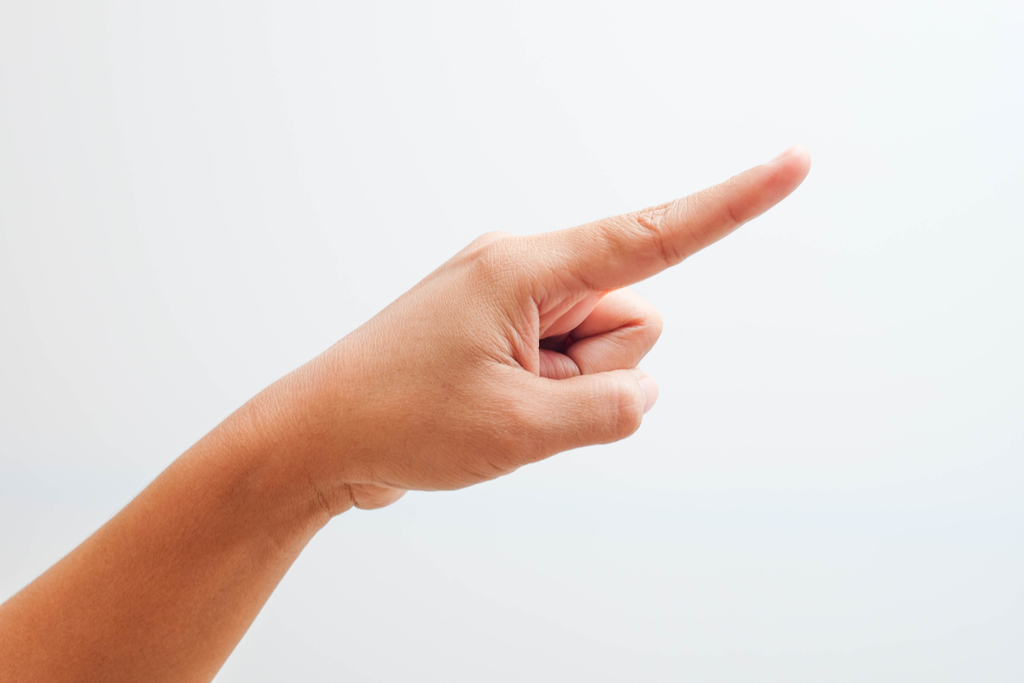
Gotcha was added to the dictionary in 1974 by Merriam-Webster as an alteration of “got you,” referring to an “unexpected, usually disconcerting challenge, revelation, or catch.” It’s also used typically to “embarrass, expose, or disgrace someone,” most often a politician.
1975: Downsize
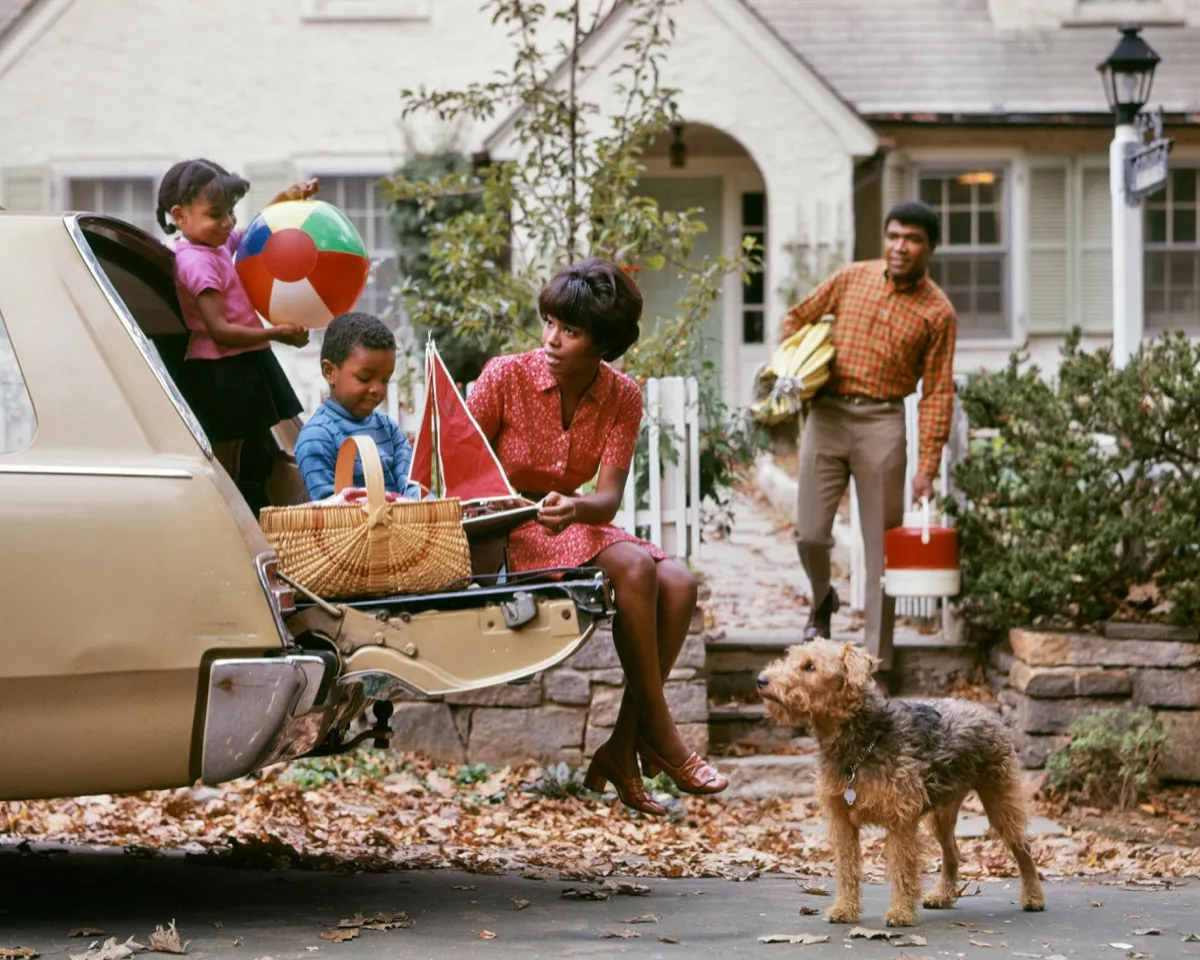
Added to Merriam-Webster in 1975, downsizing describes reducing something in size. In the ’70s, it was often used to describe automakers building smaller automobiles, and then in the ’80s, it was used in reference to corporations cutting down their number of employees. However, more recently, it’s used to refer to a couple buying a smaller house after becoming empty nesters.
1976: ‘Tude
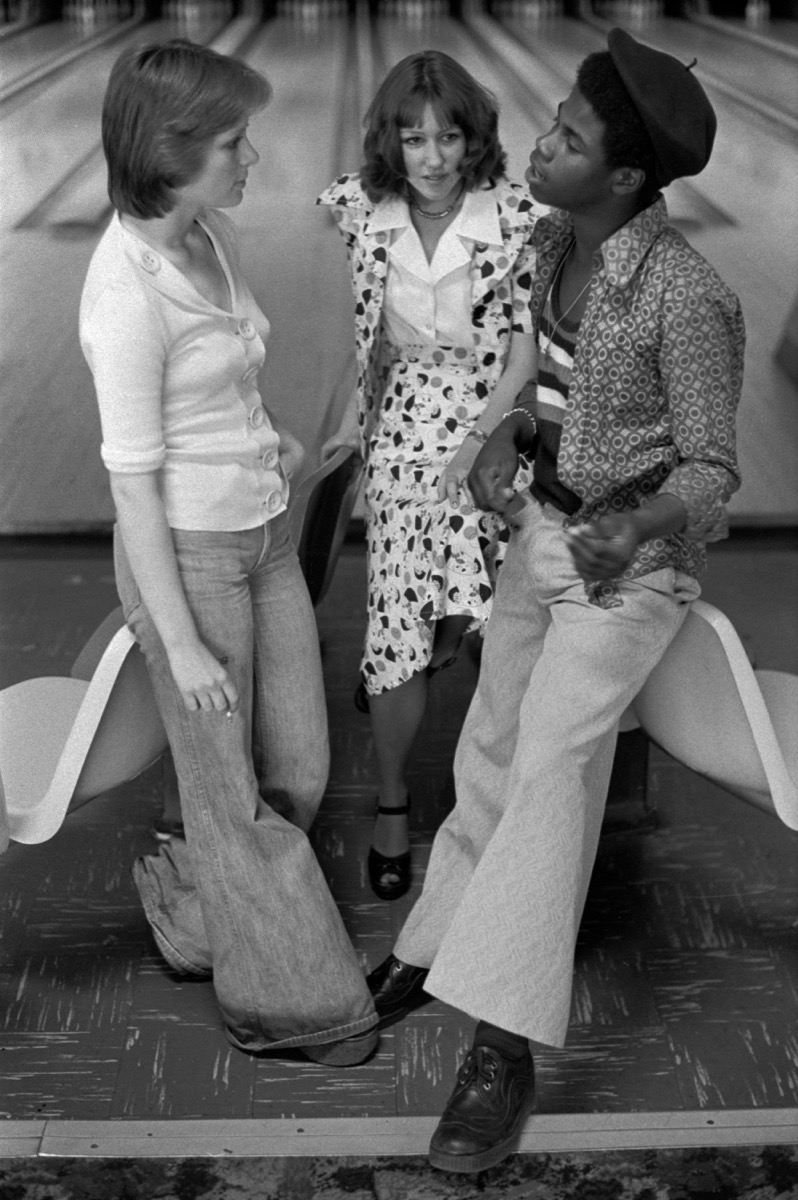
‘Tude became a common slang term in the late ’70s, as a shortened form of the word attitude. Merriam-Webster added the abbreviation in 1976, noting that it specifically refers to a “cocky” or “arrogant” demeanor.
1977: Brewski
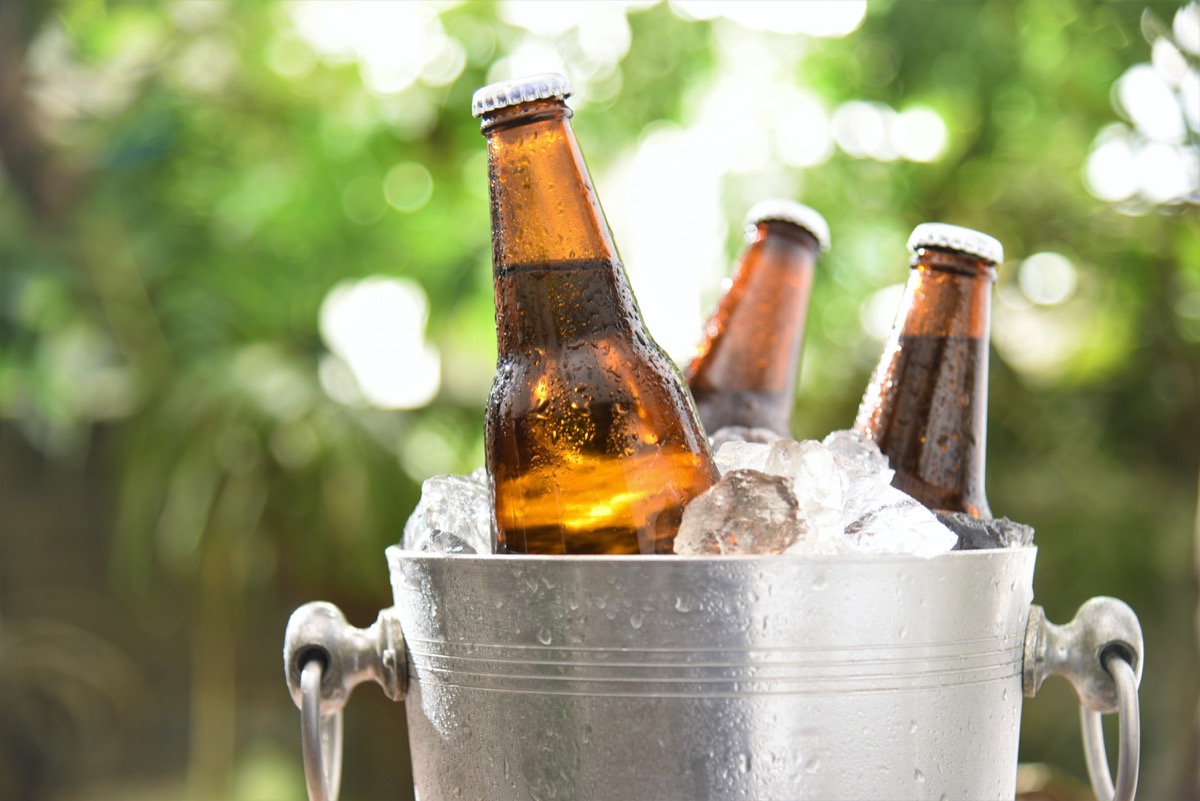
Grabbing a brewski in 1977? Well, make sure you don’t down too many! The American slang word—adopted by Merriam-Webster in 1977—simply refers to a beer. It’s a combination of the word brew, as in “to brew beer,” and the Slavic surname suffix, ski.
1978: Snitty
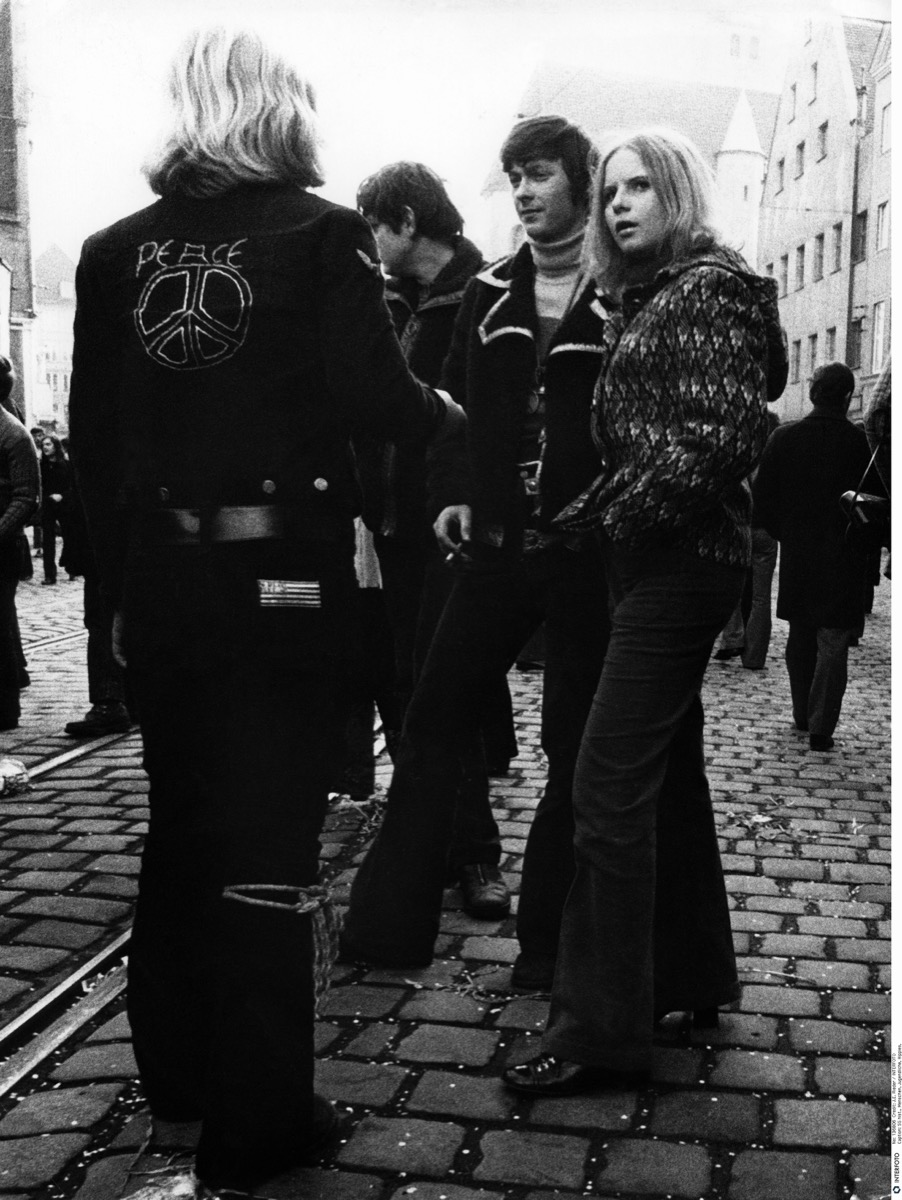
You don’t hear the word snitty much anymore, but it was a common slang word used in the late ’70s to describe someone who’s “disagreeably ill-tempered.” The etymology of this term is unclear, though lexicographers do know that the word snit had been used as early as 1939.
1979: Def
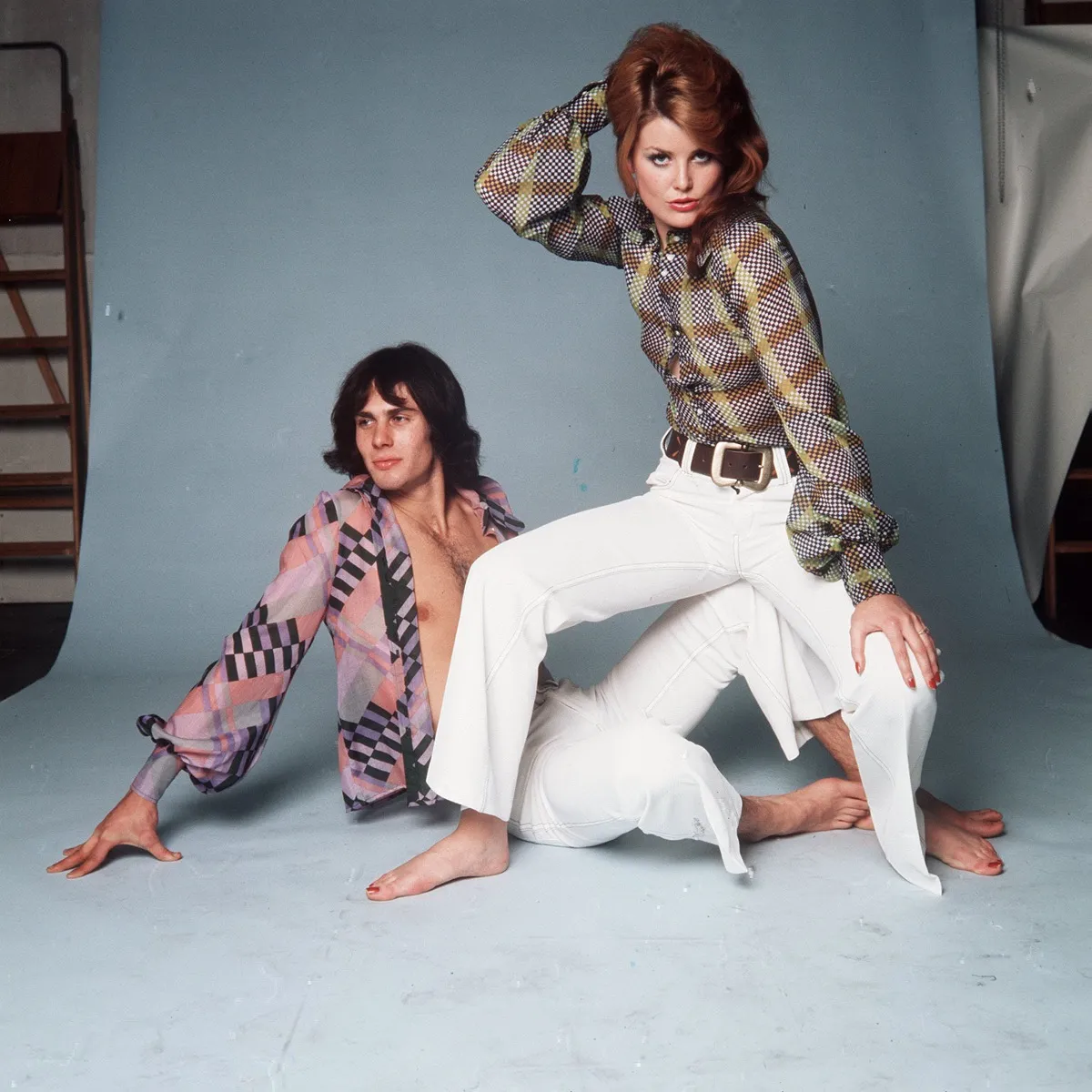
If you heard someone use the word def today, you most likely would assume they meant the shortened form of definitely. However, when this three-letter slang word was first popularized in the late ’70s and added to the dictionary in 1979, it was used to describe something or someone as “cool.”
1980: Chill out

When valley-girl speak took off in the ’80s, the slang word chill grew increasingly common. And one of the earliest plays on this term was chill out, which Merriam-Webster added to the dictionary in 1980, meaning “to calm down” or “go easy.”
1981: Cred
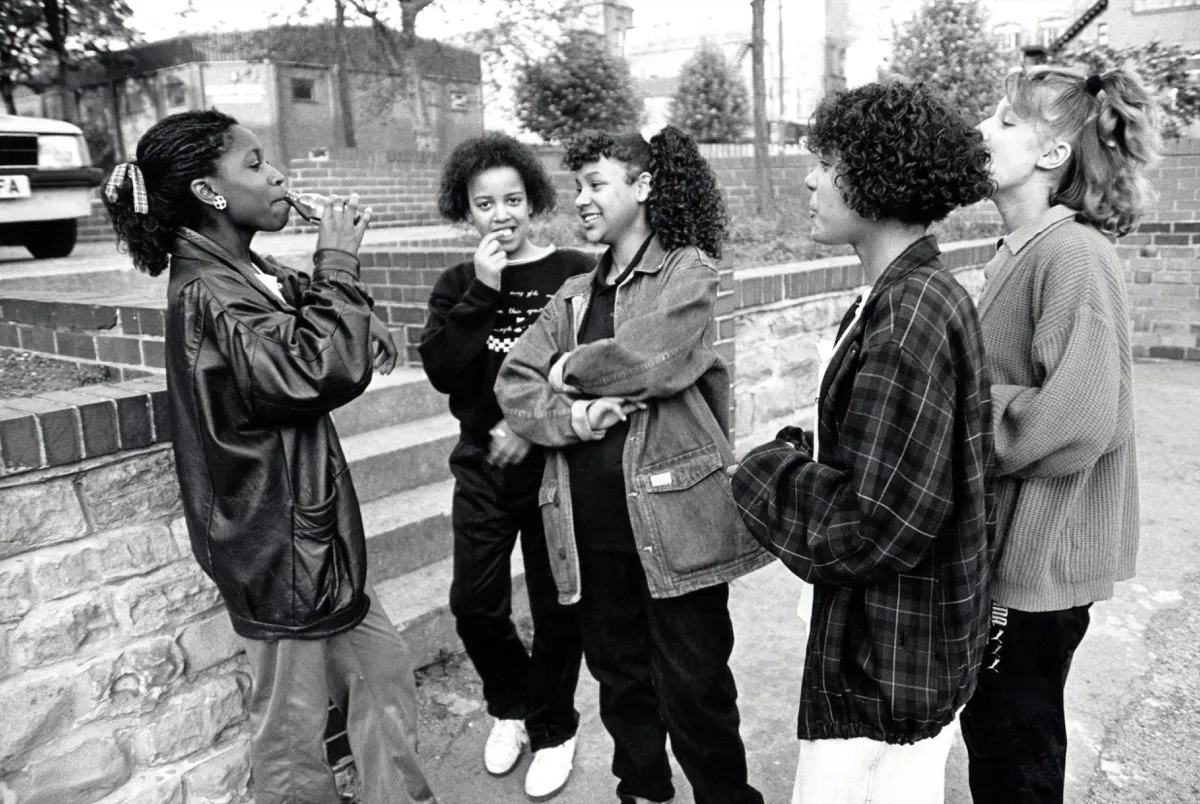
A shortened form of “street cred,” meaning “local credibility,” the slang term cred originated in the ’80s and was added to the dictionary in 1981. It’s used to describe the “ability to gain acceptance as a member of any particular group or class.”
1982: B-Boy
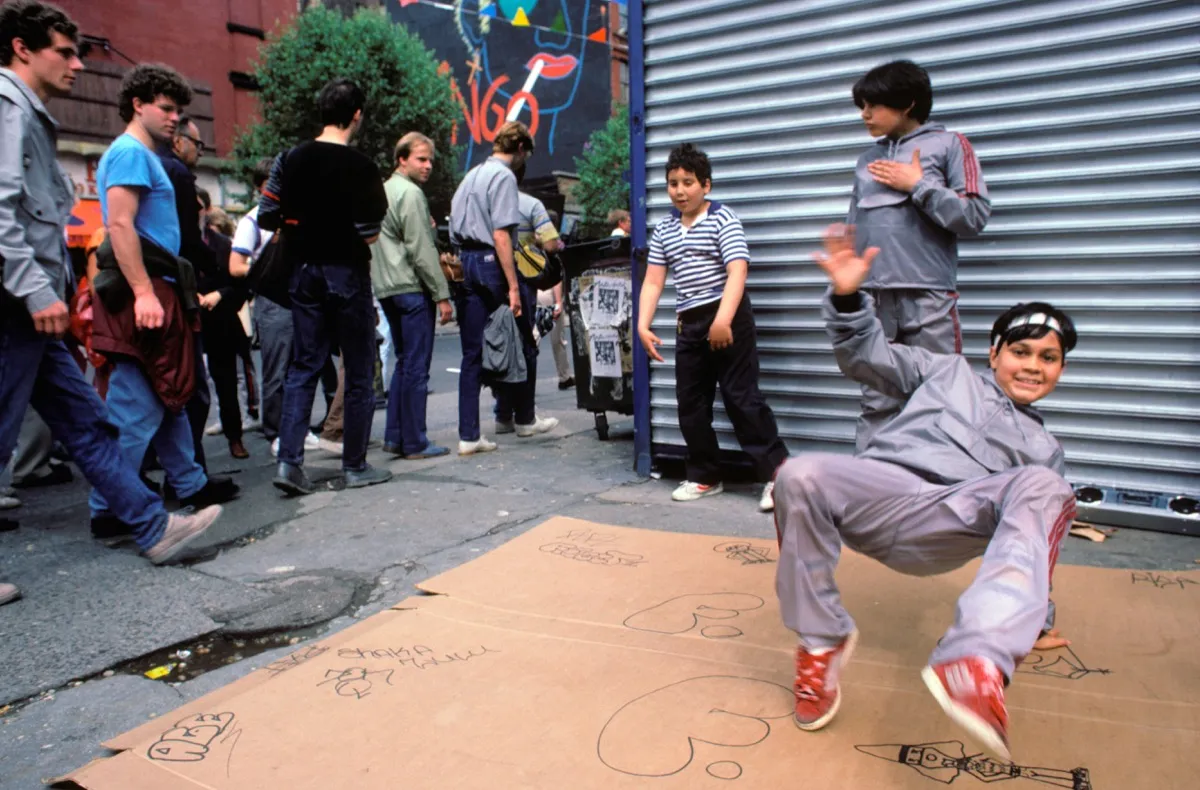
In the ’80s, B-boy culture was strong. It referred to those who took part “in the pursuit of hip-hop culture,” especially in the Bronx area of New York City. The slang phrase B-boy originated from the term breakdancing and the abbreviation was added to Merriam-Webster in 1982.
1983: Yup
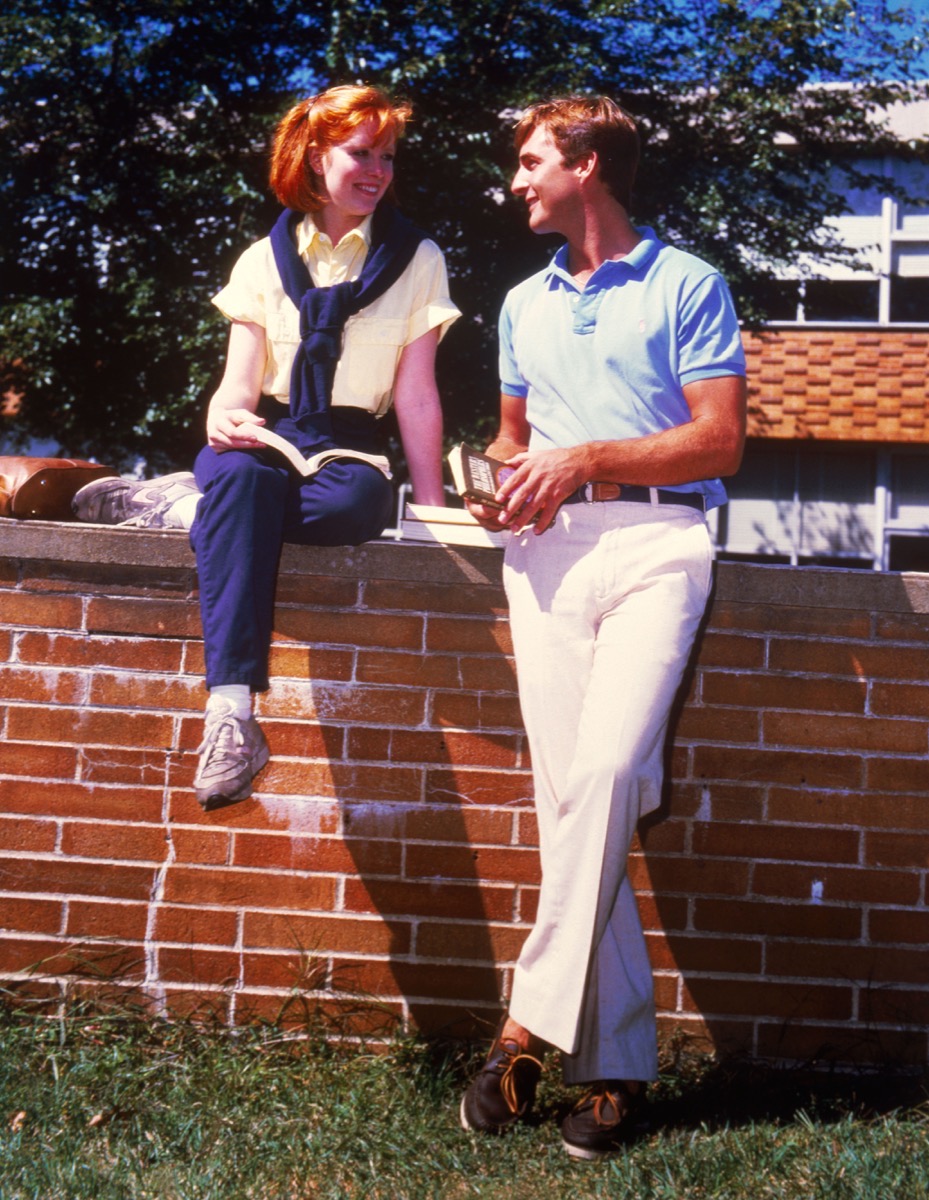
Yup. Yep. Yes. They’re all just various versions of an expression of agreement. But yup was coined in the early ’80s and added to Merriam-Webster in 1983. It comes from the word yuppie, which describes a young college-educated adult who has a good job in a large city, typically known as a “yes” man—or in this case, “yup” man (standing for “young urban professional” or “young, upwardly-mobile professional”).
1984: Geeked
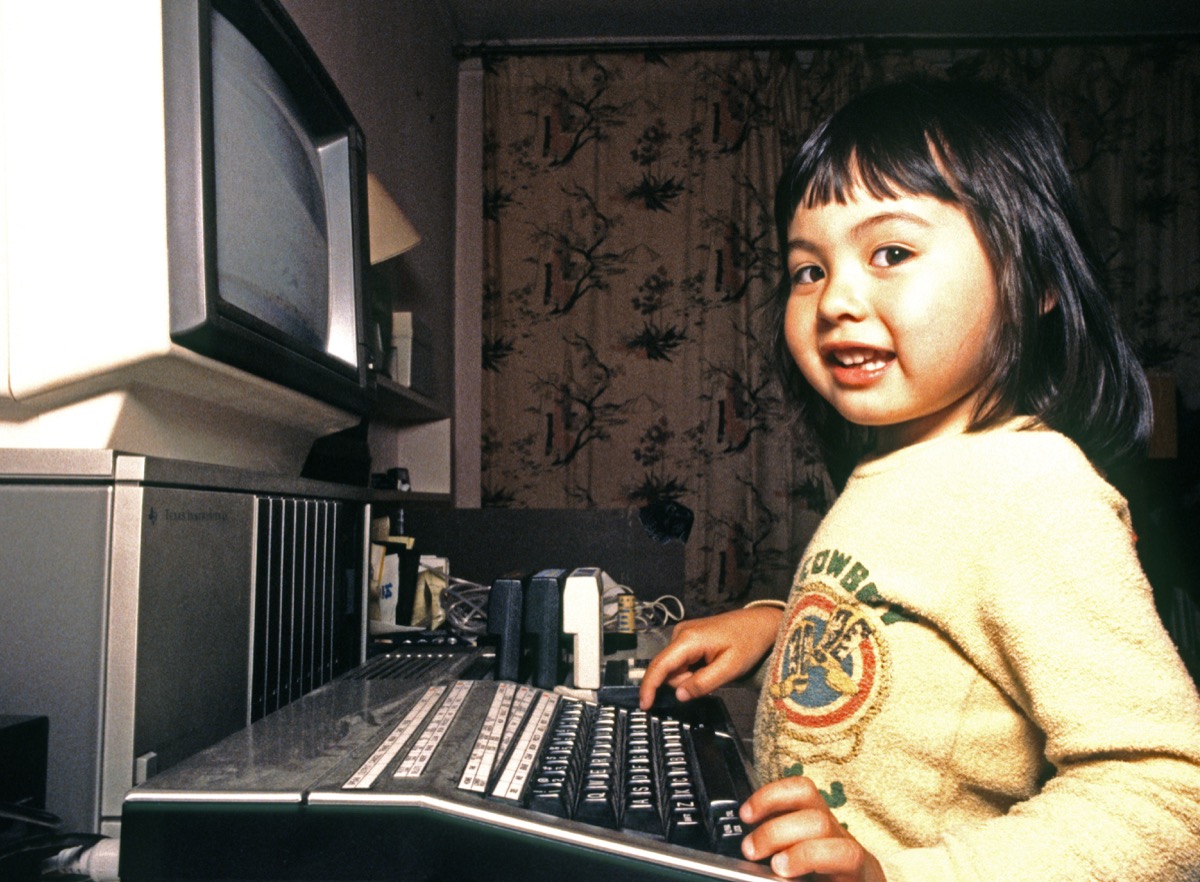
If you geeked in the mid-’80s, you were “filled with excitement or enthusiasm.” The slang word, which was adopted by Merriam-Webster in 1984, of course comes from the word geek. While usually used interchangeably with the negative term “nerd,” geek actually also means “an enthusiast or expert” in a certain field or activity.
1985: Cool Beans
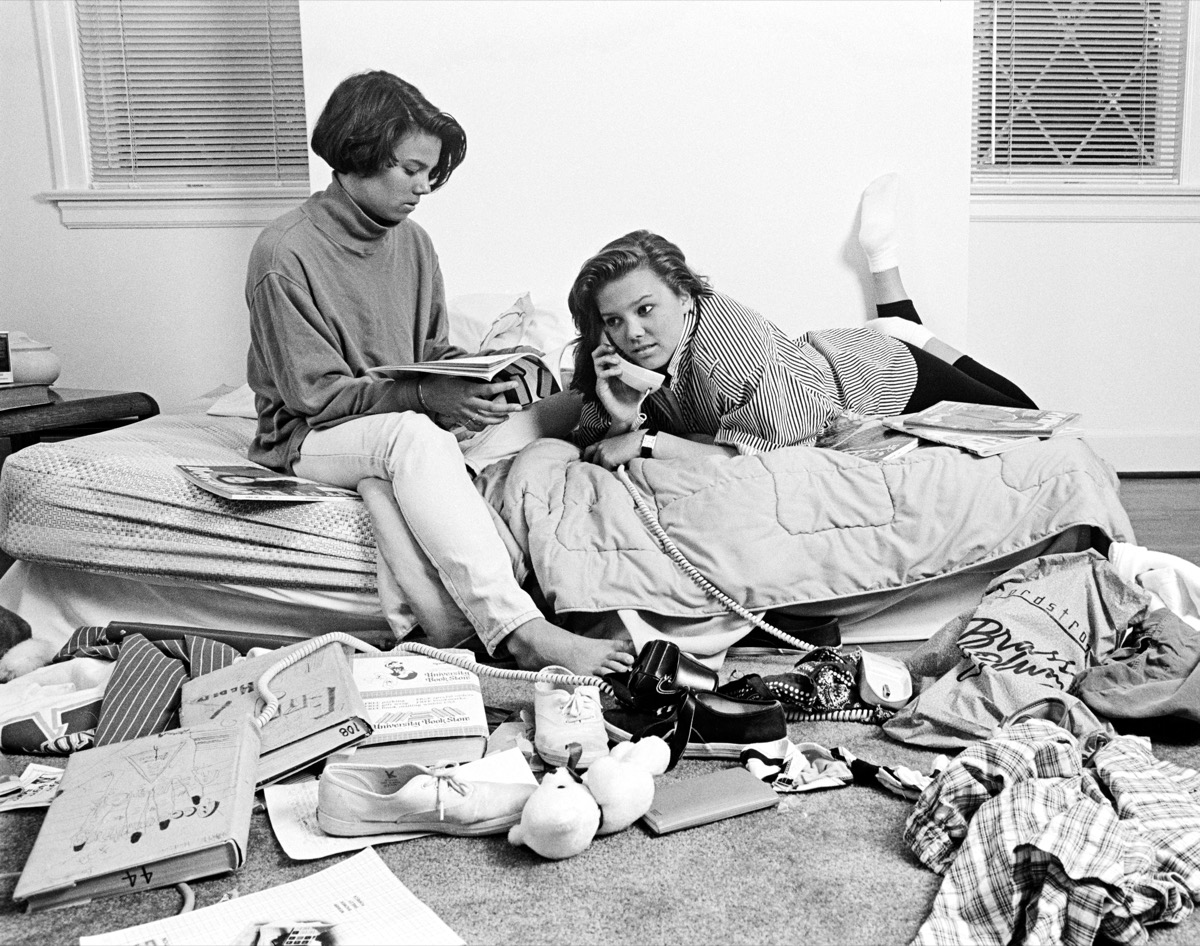
Nowadays, you’re not exactly considered “cool” if you throw out the phrase cool beans in everyday conversations. However, when the term was adopted by Merriam-Webster in 1985, it was a pretty cool slang phrase used to “express agreement or approval.”
1986: McJob
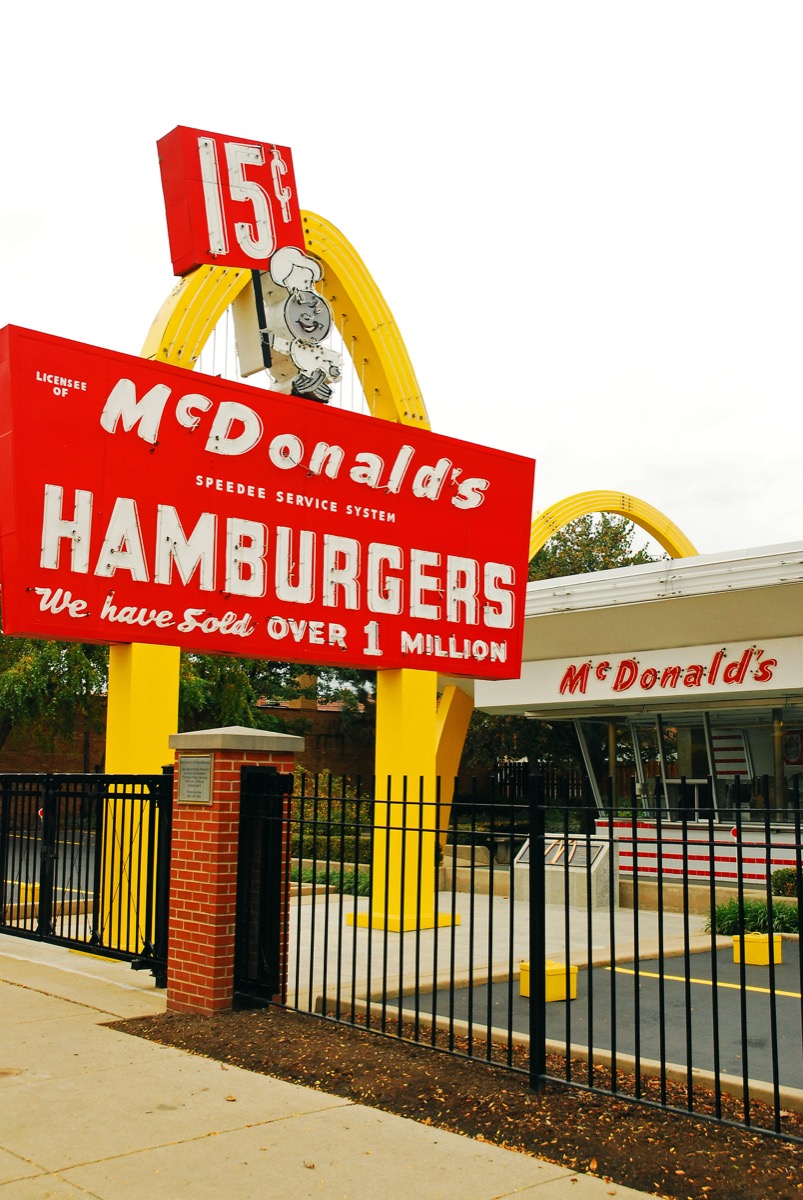
McJob was controversially added to Merriam-Webster in 1986. The slang term arose in the ’80s as a way to describe a low-playing job requiring little skill with little opportunity for advancement. And we’re sure you can see how the controversy emerged.
1987: Diss
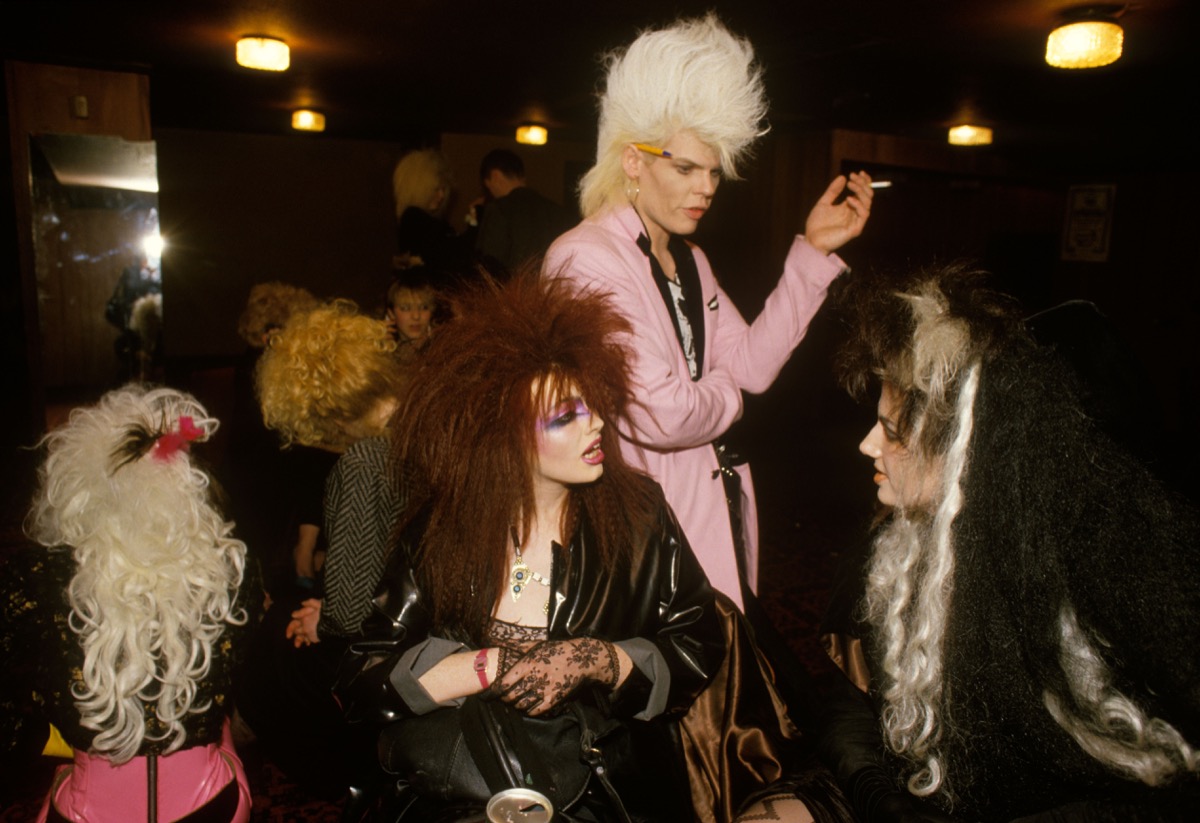
Diss was a popular slang term in the late ’80s, formally added to Merriam-Webster in 1987. The word—which can be used as a verb or a noun—either describes treating someone or something “with disrespect or contempt” or serves as a synonym for the word criticize, as in “finding fault” with someone or something.
1988: Emo
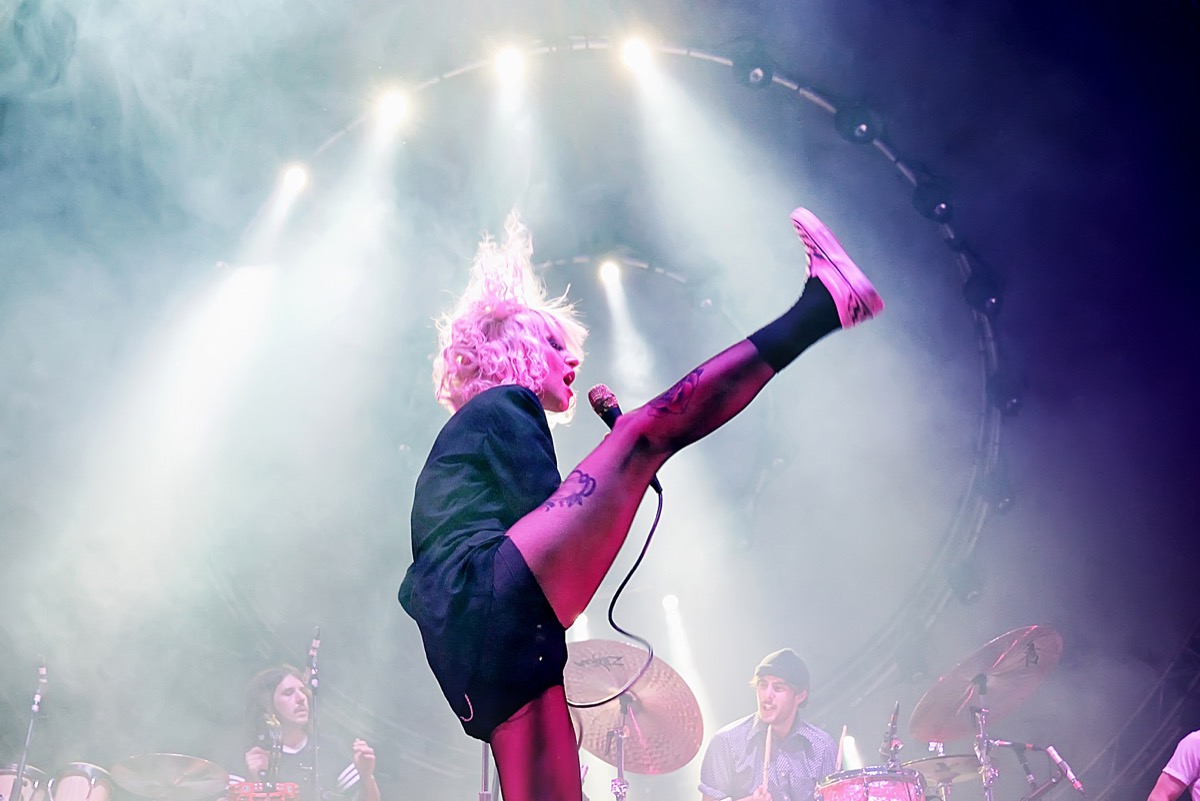
Most 2000s kids will tell you they went through an “emo phase.” However, the word emo—a shortened version of the word emotional that describes an introspective form of rock music—was actually added to Merriam-Webster in 1988. Popular emo bands of the ’80s were Moss Icon, Rites of Spring, and Gray Matter.
1989: Beatdown

No matter which way you spin it, you don’t want to be involved in a beatdown. The slang term, which was added to Merriam-Webster in 1989, describes an “emphatic or overwhelming defeat” or an actual “violent, physical beating.”
1990: Spam

When the term spam was recognized by Merriam-Webster in 1990, it was defined as an unsolicited message sent to a large number of people. Since then, the noun itself has evolved into a verb meant to describe the act of sending any unsolicited or unwanted messages.
1991: Bestie
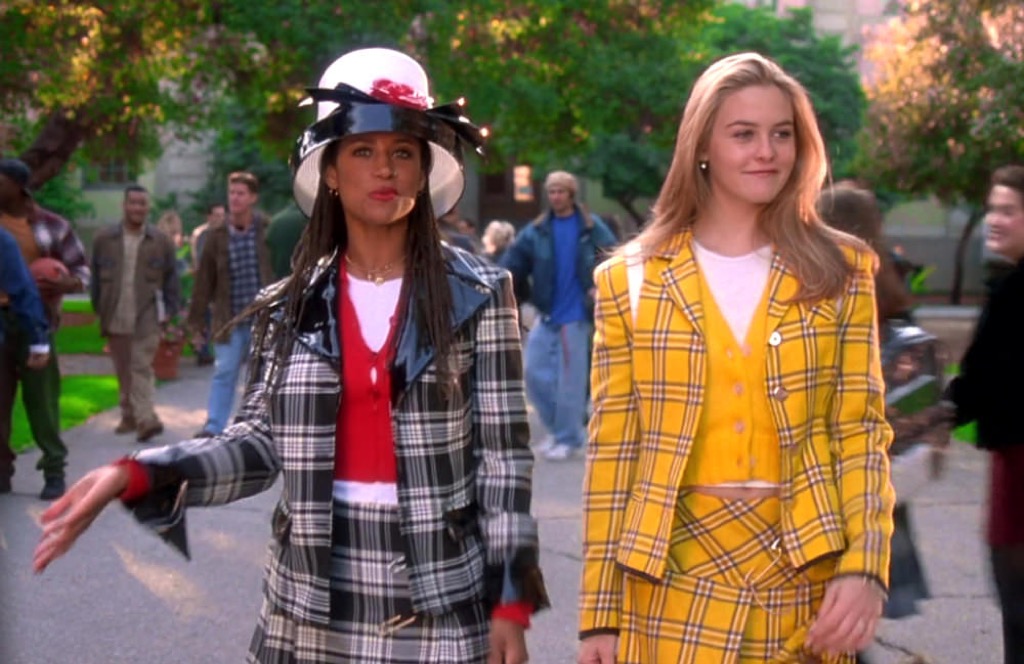
In the ’80s, you called your best friend your BFF, an acronym formally recognized by Merriam-Webster in 1987. Then, in the ’90s, the term bestie became the new way to informally refer to your BFF. Merriam-Webster added this newfound term for “best friend” in 1991.
1992: Buzzkill
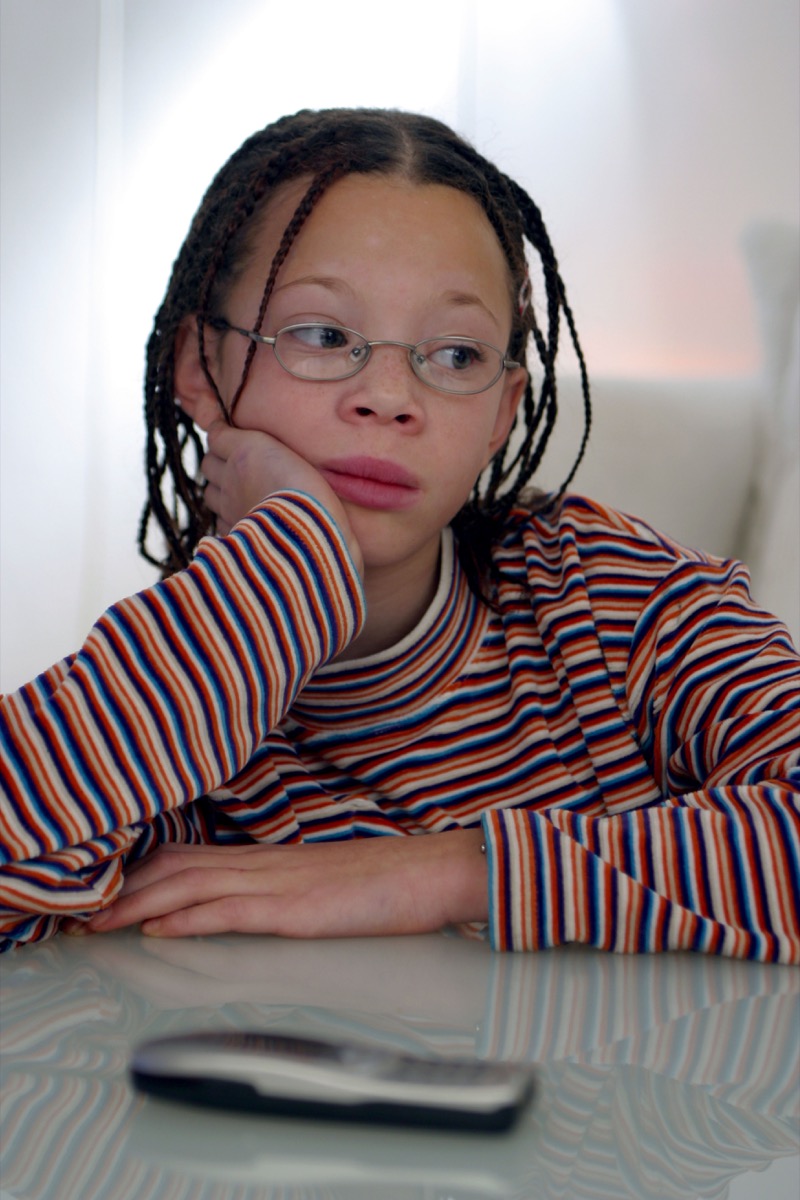
These days, buzzkill refers to anything that elicits a negative mood. However, as the New York Times pointed out in 1993, around the time the slang term came about, it originally referred to something or someone who killed a buzz in terms of drugs or alcohol, like cops breaking up a party. Merriam-Webster added this compound word to its arsenal in 1992.
1993: Booty call
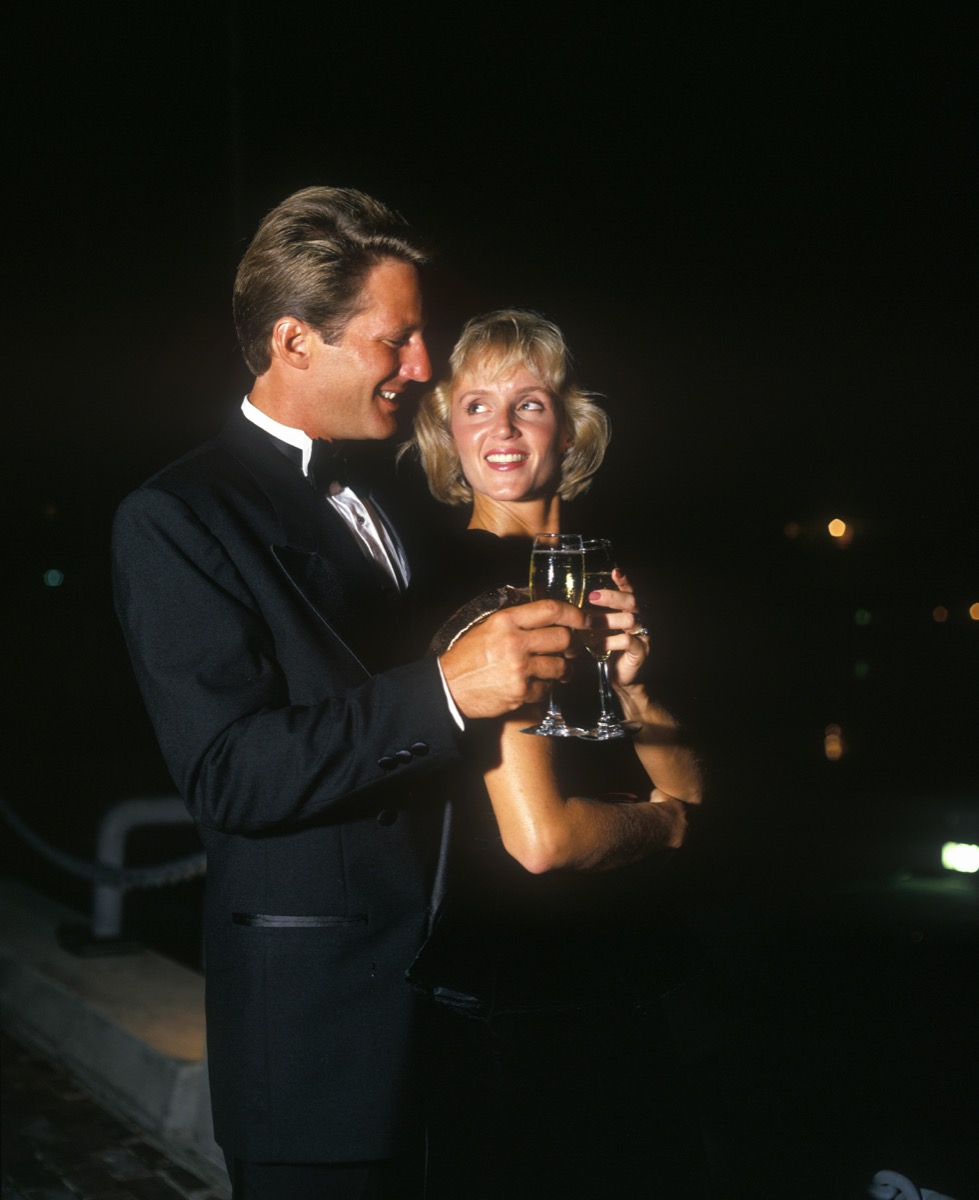
The term booty call was recognized by Merriam-Webster in 1993 to describe “communication by which a person arranges a sexual encounter with someone.” One of the earliest uses of the slang term was by hip-hop duo Duice, who released a song called “Booty Call” on their 1993 album Dazzey Duks.
1994: Po-po

If you were talking about the police in the ’90s, you might have referred to them as the po-po. The slang term, which was formally added to Merriam-Webster in 1994, is just a reduplication of the the initial syllable “po.”
1995: Noob

While people were referred to as newbies in the ’70s, by the ’90s, the slang term had clanged to noob. The word, which was recognized by Merriam-Webster in 1995, is the shortened form of noobie, which is a spelling variant of newbie.
1996: Face-palm

The act of covering your face with your hand or hands to express embarrassment or dismay has been formally referred to as a face-palm since Merriam-Webster added the word in 1996. The action has become popularized in recent years through memes, but it’s been around for more than a century, as evidenced by Henri Vidal’s 1896 Cain statue.
1997: Judgy

If you’re referred to as judgy, you’re someone who tends “to judge others harshly or critically.” The slang term, which is simply derived from the word judgmental, was recognized by Merriam-Webster in 1997.
1998: Flexitarian

Flexitarian was brought about in the ’90s to describe someone who was kind of vegetarian. The word, which was added to the dictionary in 1998, describes someone whose diet is mostly meatless, with the occasional consumption of fish or lean meats.
1999: Chillax
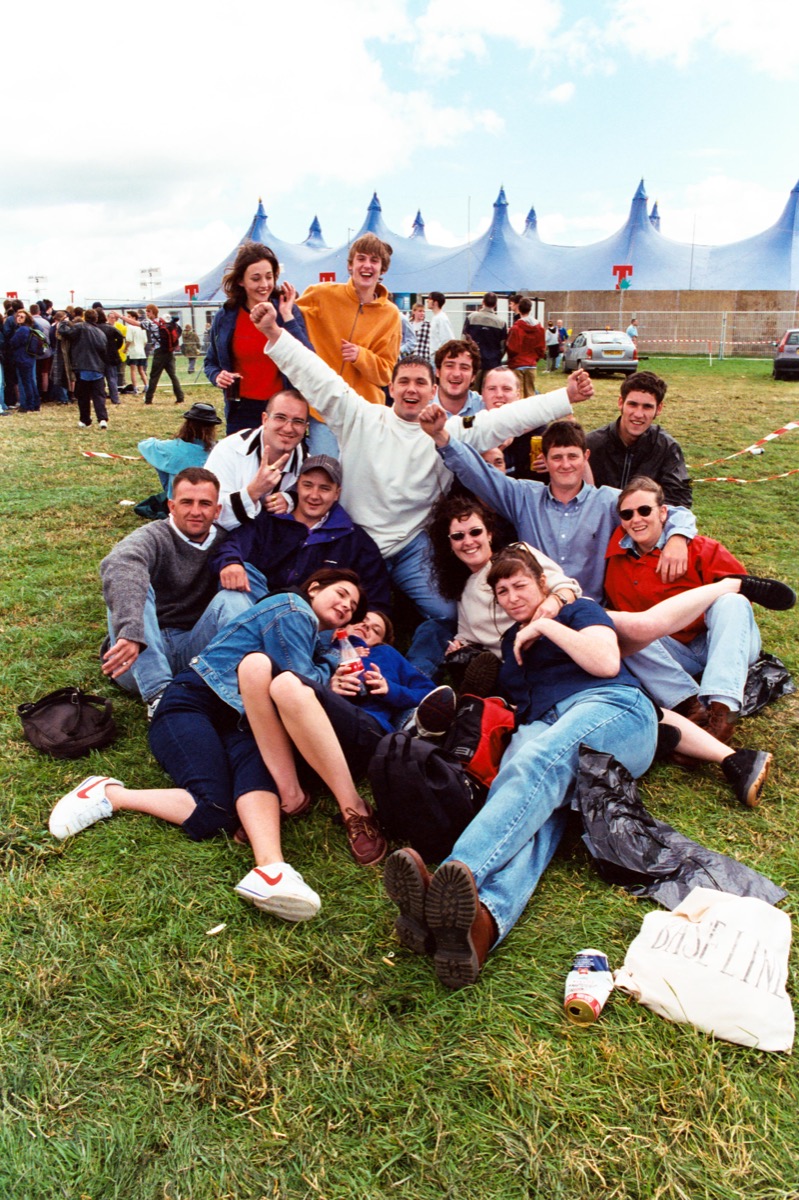
Although the use of adding “chill” to phrases was popular in the ’80s, the slang term chillax wasn’t formally recognized by Merriam-Webster until the late ’90s. The term, which means “to calm down,” is a blend of the words chill and relax.
2000: Crunk
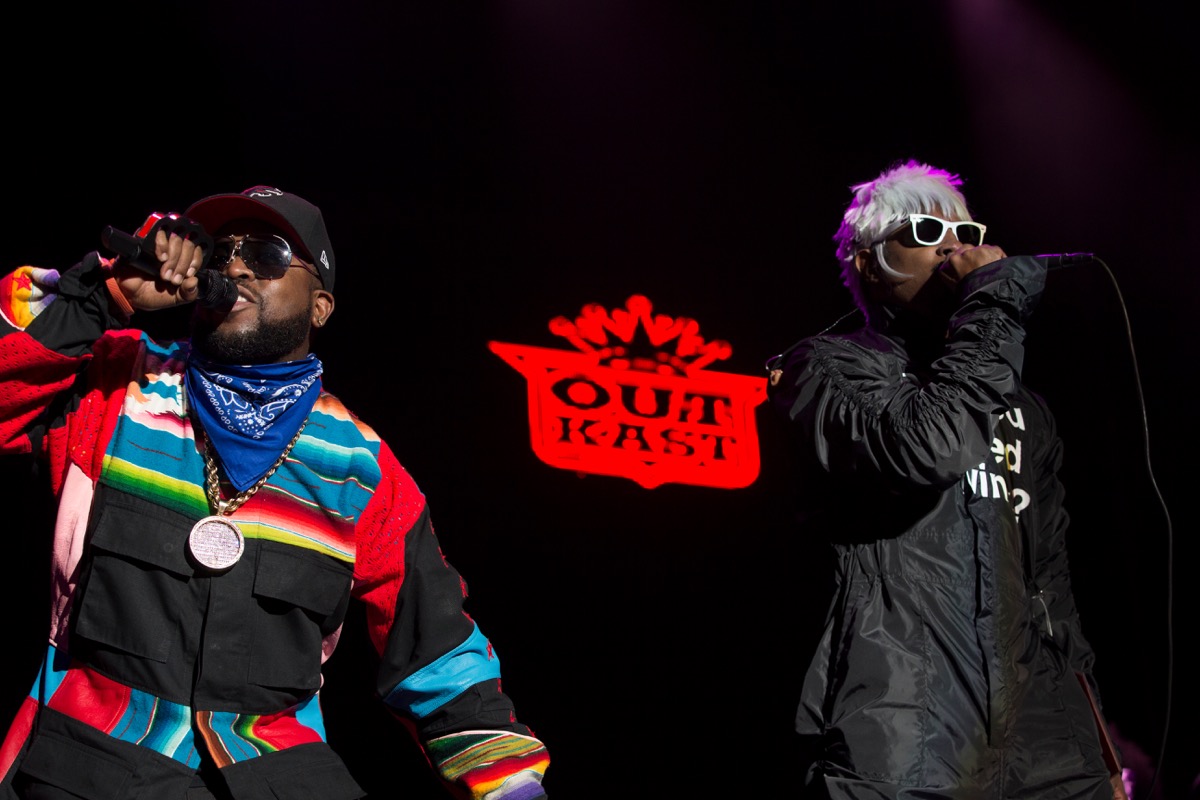
During the ’90s, a form of “rap music featuring repetitive chants and rapid dance rhythms” emerged from the South. The style was referred to as crunk, and made popular by groups like OutKast and Lil Jon & The East Side Boyz. Soon, it became an adjective to describe getting crazy and drunk. It was added to Merriam-Webster at the turn of the century.
2001: Twerking
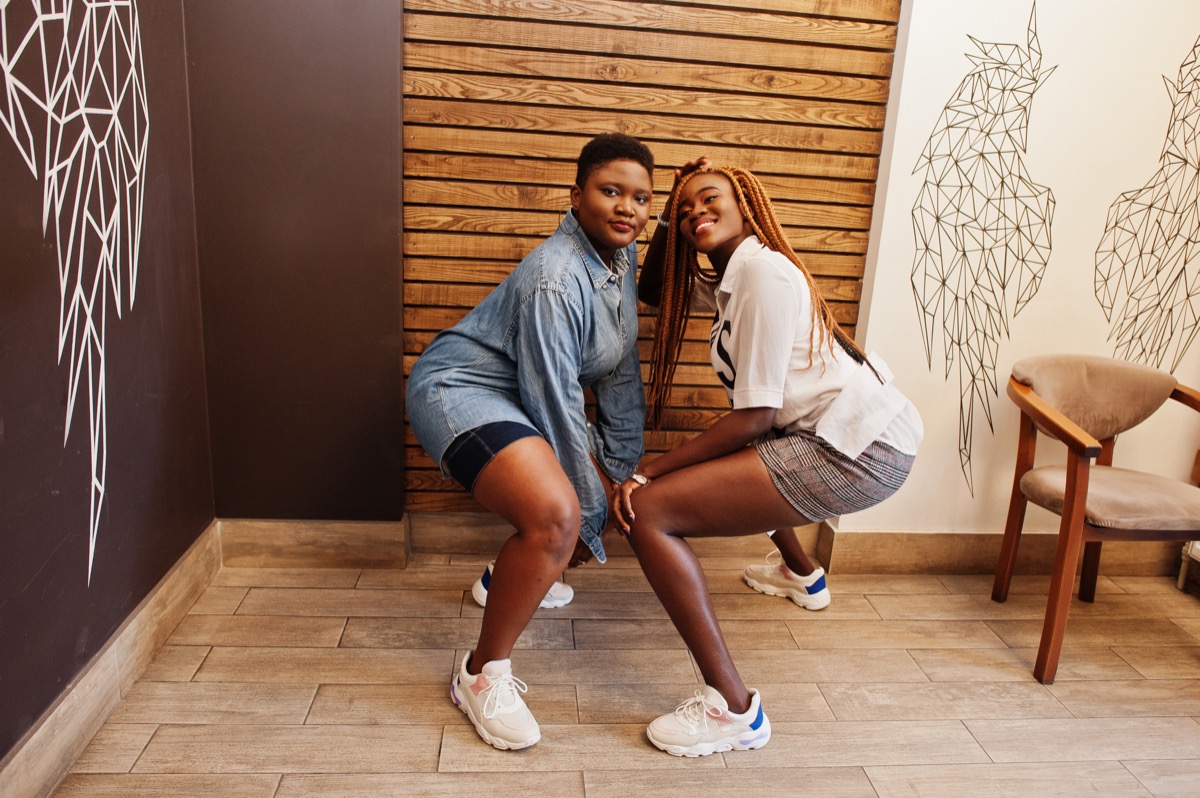
Miley Cyrus wasn’t yet infamously twerking on the VMAs stage, but this word was first used at the beginning of the millennium, according to Merriam-Webster. This form of dancing, which is done by “rapid, repeating hip thrusts and shaking,” has become commonplace in American culture.
2002: Selfie

We weren’t posting these on Instagram yet, but camera cell phones brought about the culture of selfies way before we posted them on social media: The word refers to “an image that includes oneself … and is taken by oneself.” Although it became more widely popularized in the 2010s, according to Merriam-Webster, this slang term was first used on an Australian news website in 2002.
2003: Unfriend

You could certainly unfriend someone before 2003, but early social media networks like LiveJournal, Friendster, and Myspace gave the term a whole new meaning. Describing the act of removing someone from your social media network, Merriam-Webster says this slang term was first tossed around in 2003.
2004: Life hack

The concept of life hacks—simple, clever tips for accomplishing something more easily—and the term itself have been around since the birth of Facebook in 2004, though they didn’t start taking over your feed until a few years later.
2005: On-brand

With the all-consuming world of social media, it’s certainly important to be on-brand these days, but the word was around all the way back in 2005. This basically just means you’re consistent with your public image or identity, like a food blogger posting their latest meal.
2006: YouTuber
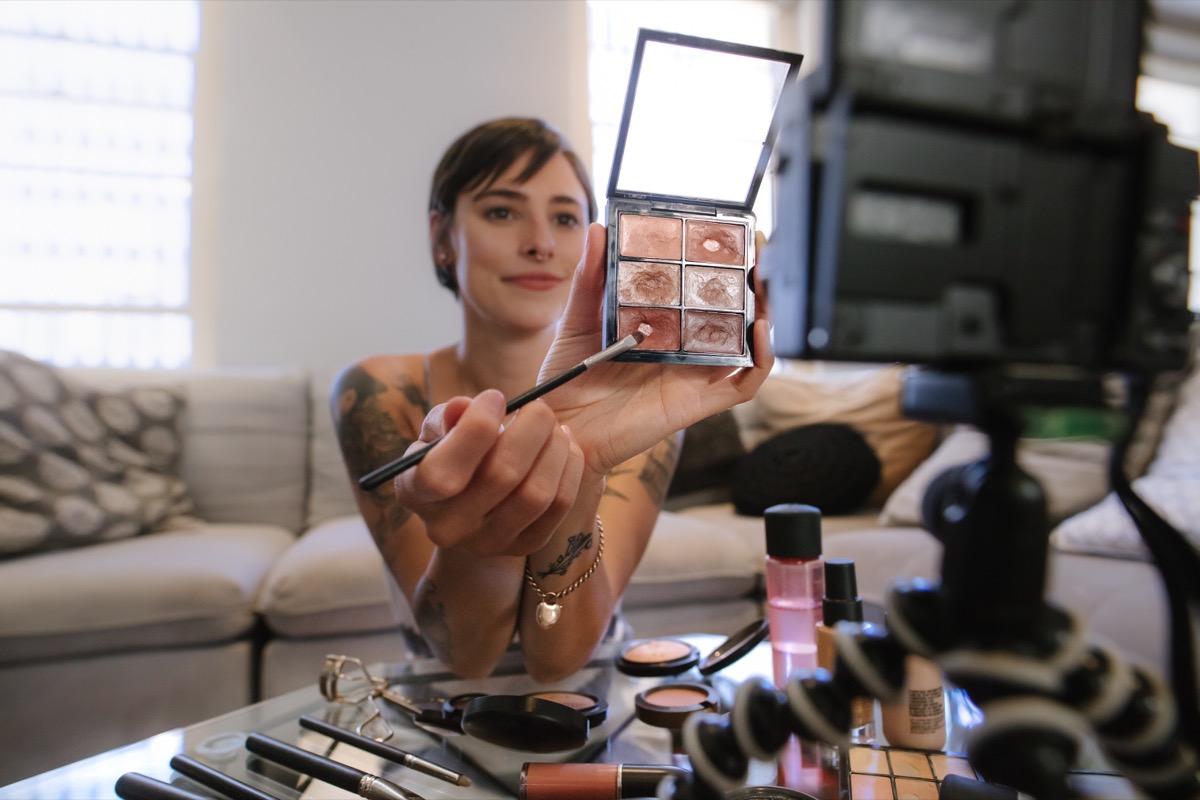
The year after YouTube was created, fans figured they needed to give a name to these online celebrities who were uploading popular videos to the platform. In 2006, YouTuber became the “unofficial” name.
2007: Retweet
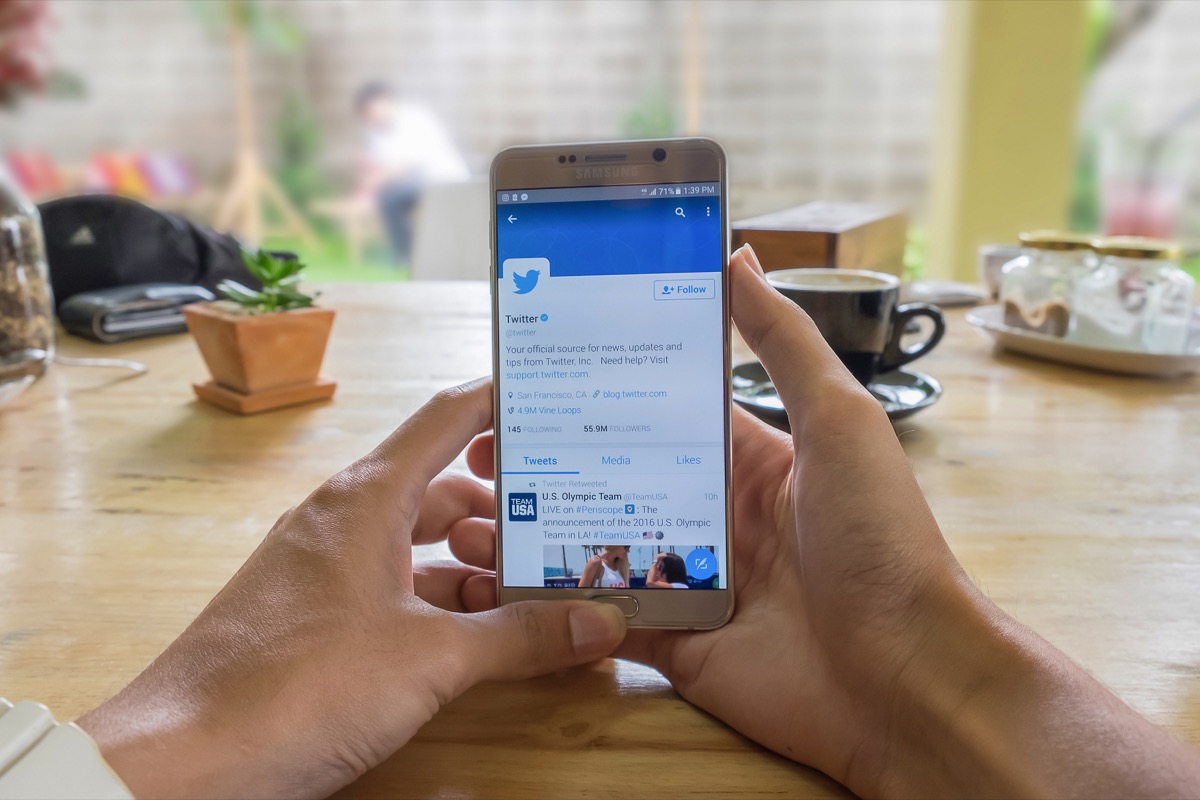
If you want to acknowledge someone’s tweet on Twitter, you can retweet them. This act of reposting their tweet onto your own timeline was given a name in 2007, the year after the platform was created.
2008: Unfollow

And just like unfriending, the rise of social media platforms like Instagram and Twitter where you could “follow” users rather than “friend” them brought about the act of unfollowing in 2008, as well. This means you stop “subscribing to the feed of someone on social media.”
2009: Subtweet

This term is a little trickier, as it’s not an actual feature of Twitter, like retweeting. Instead subtweeting, which was a slang term first used in 2009, is the act of tweeting about someone without actually directly tagging that user—usually done in a negative, or hurtful way.
2010: Catfish
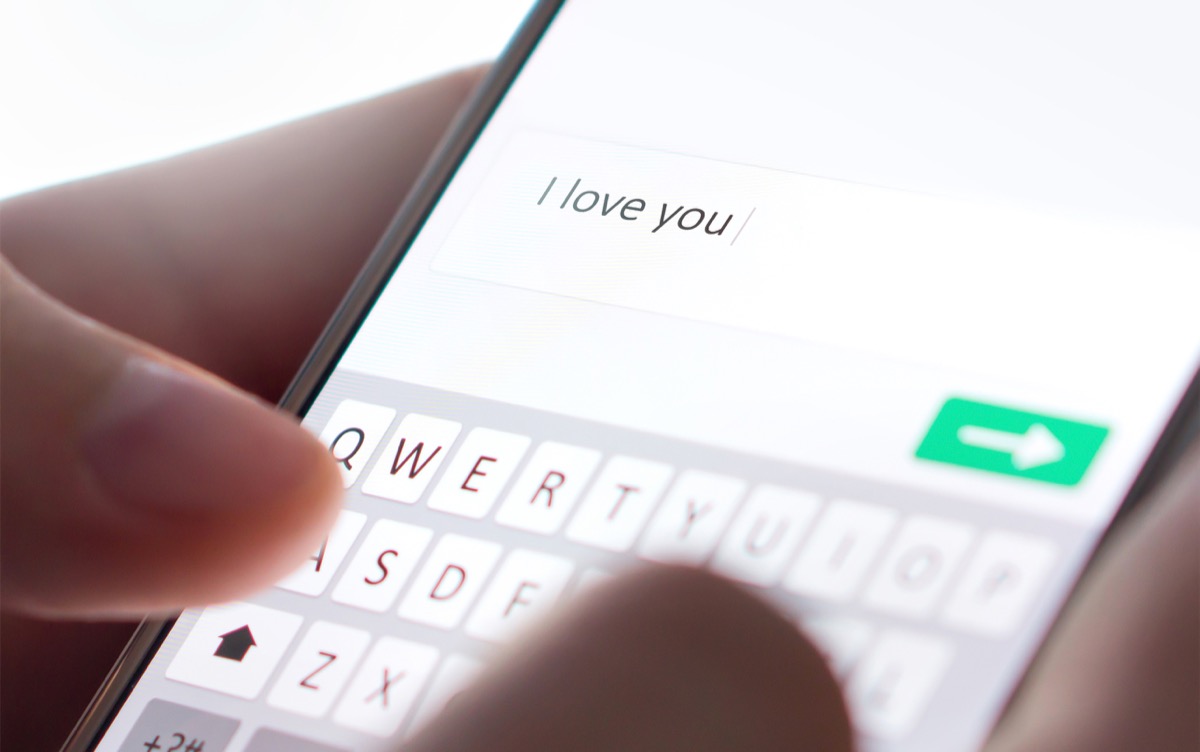
You can thank Nev Schulman for this slang term! His 2010 documentary, and subsequent popular MTV series, gave new life to the word catfish. The 2010s usage of the word isn’t talking about the animal, but instead, the act of tricking someone on social media into thinking you look or are someone different than who you actually are.
2011: Helicopter parent

Overly protective parents aren’t a concept new to the 2010s, but Merriam-Webster finally recognized a term for these strict, watchful parents in 2011. A helicopter parent is someone who is just a little too involved in their child’s life.
2012: Inspo

The word inspo, a shortened version of inspiration, was first used as a slang term in 2012. And you still hear it constantly, whether it’s food inspo or outfit inspo or even relationship inspo.
2013: Bingeable

Bingeable, which describes a television show where there are “multiple episodes that can be watched in rapid succession,” was brought about by the rise of streaming networks like Netflix and Hulu.
2014: Manspreading

Anyone who rides on public transportation can recognize the act of manspreading. The term, which Merriam-Webster notes as first being used in 2014, describes the act of someone (most commonly a man) sitting with “their legs spread wide apart,” taking up space from other people in the area.
2015: Jeggings

Jeggings are a type of leggings designed to resemble the look of denim jeans—they really took skinny jeans to the next level, and Merriam-Webster added the word in 2015.
2016: FOMO

Slang acronyms are no stranger to the dictionary. FOMO, otherwise known as the “fear of missing out,” is a word often used by younger generations, and was added by Merriam-Webster in 2016.
2017: Slay
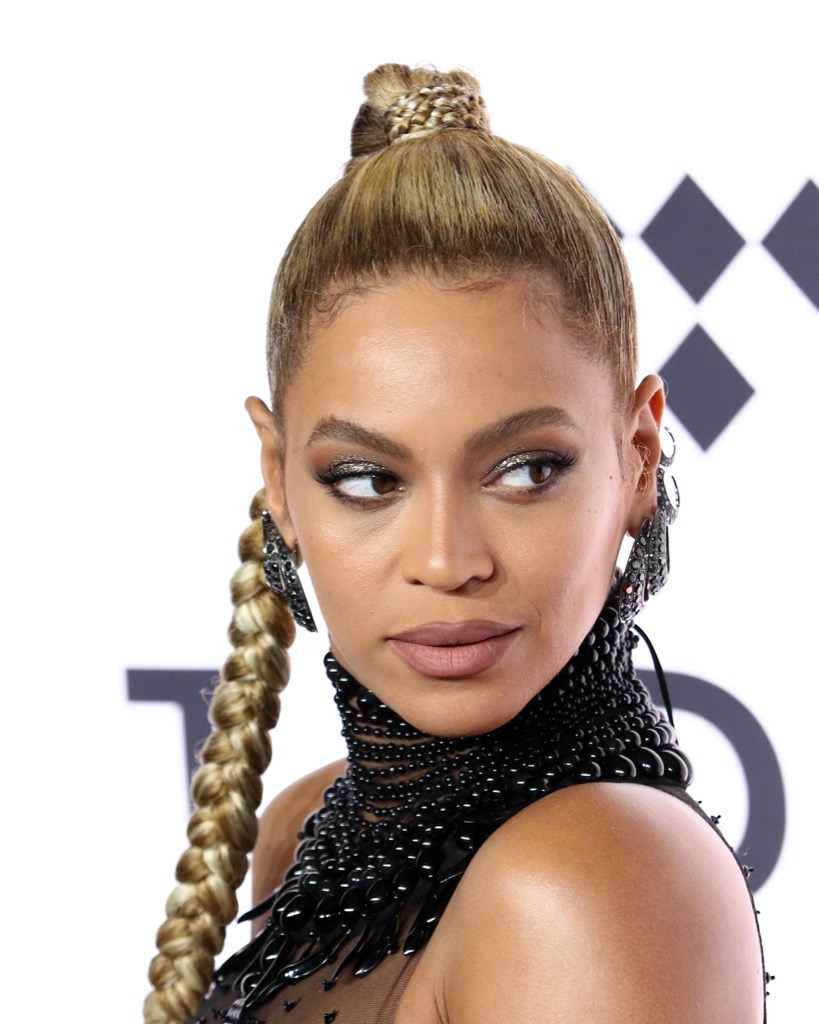
We’re not talking about the act of killing dragons with swords here. Instead, slay became a slang term often used in drag queen culture, and then adopted by fan culture, to describe someone doing something “exceptionally well.” Beyoncé killed her latest performance? You can say, “Yes, slay queen!”
2018: Hangry

Back in the day, you could be both “hungry” and “angry,” but there wasn’t necessarily a term for it. The word hangry came about in the 2010s to describe this act of being so hungry you’re angry about it, and Merriam-Webster added it in 2018.
2019: Bae

Calling your partner your “boyfriend” or “girlfriend” is so old-school. The younger generation decided they needed something a little more hip, and thus, the word bae (argued to either mean “before anyone else” or a shortened form of baby) was born. Merriam-Webster added the word in 2019.
2020: Thirsty
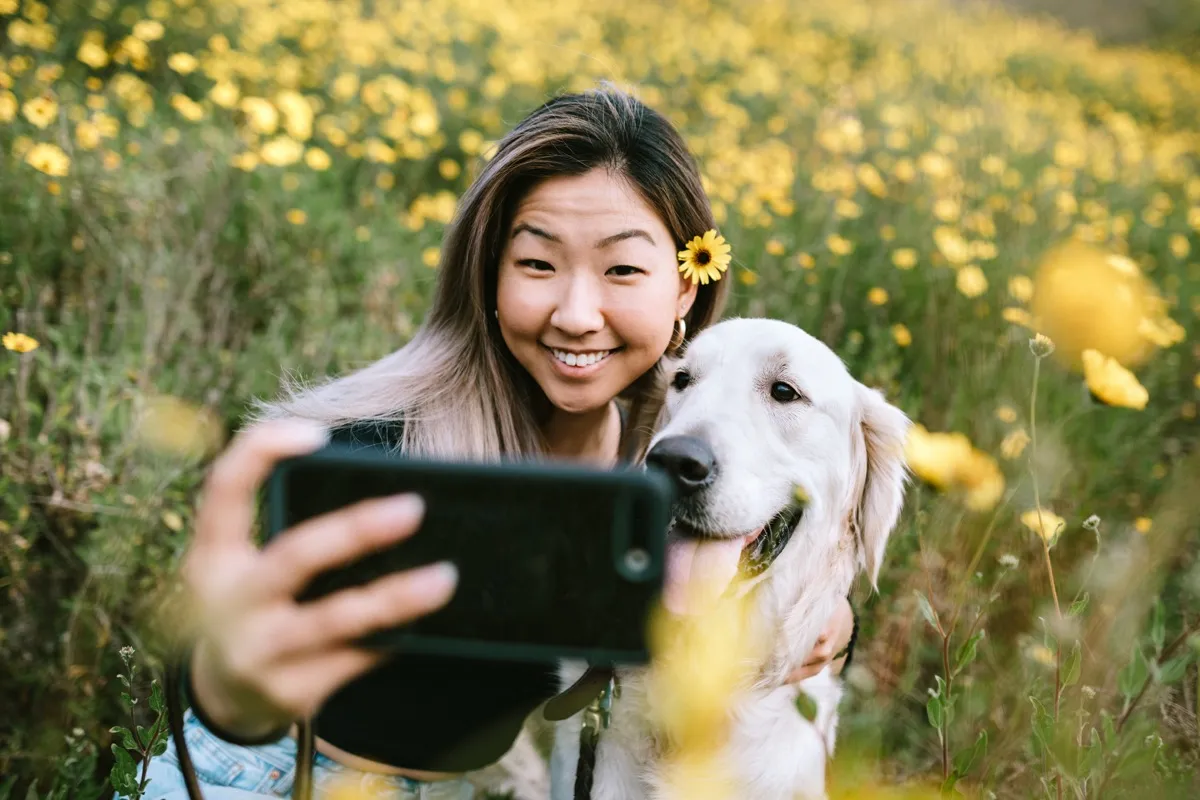
We’ve learned a lot of new language in 2020, and while many pandemic-related terms did find their way into the dictionary this year, the slang word thirsty is sure to be one we associate with this era for other reasons. As we all stayed isolated for weeks on end, many single folks posted thirst traps on social media, i.e. images that indicate “a strong desire for attention, approval, or publicity.” As Merriam-Webster states, “This new use demonstrates how English speakers love to use metaphor to push words into new territories.”